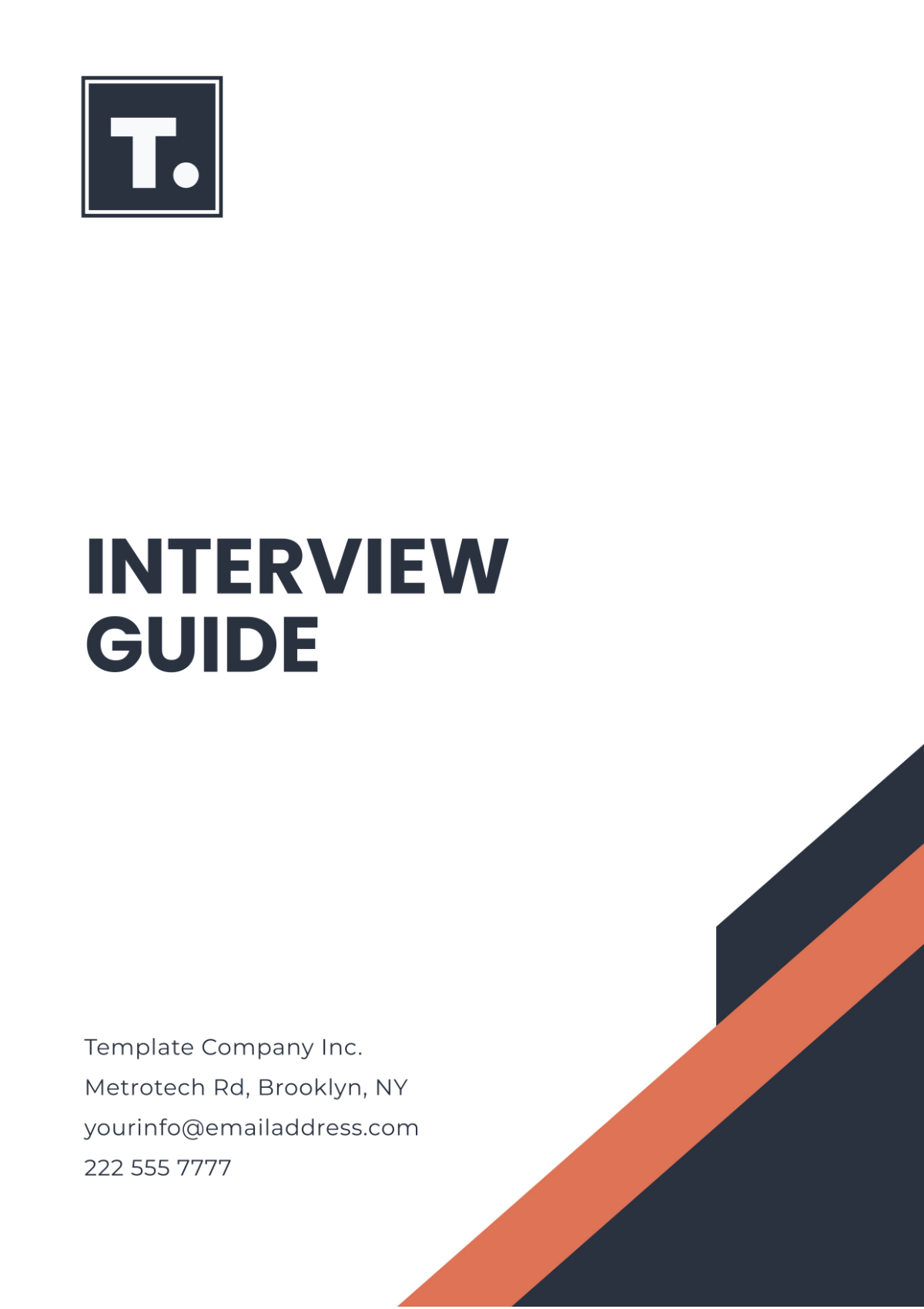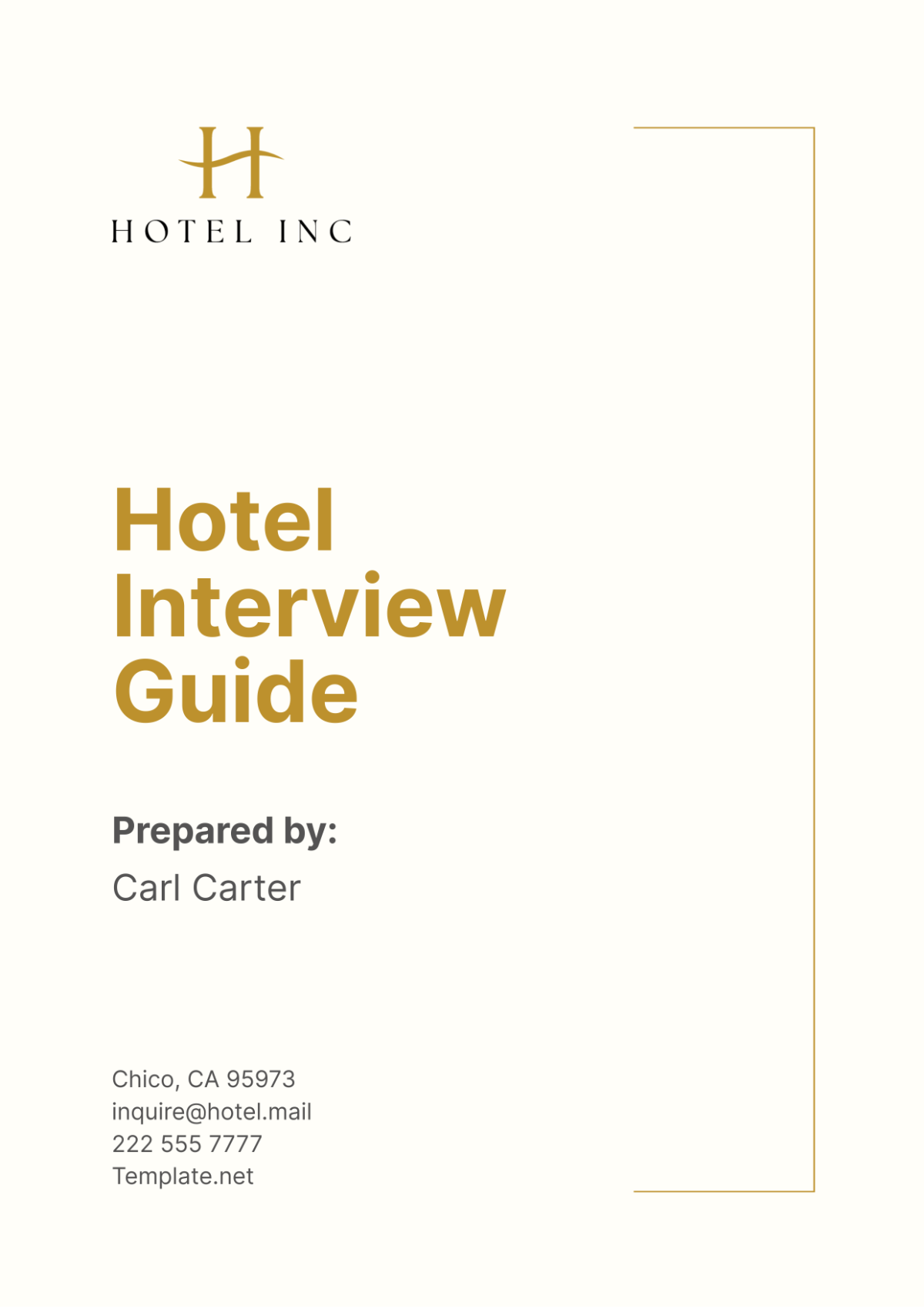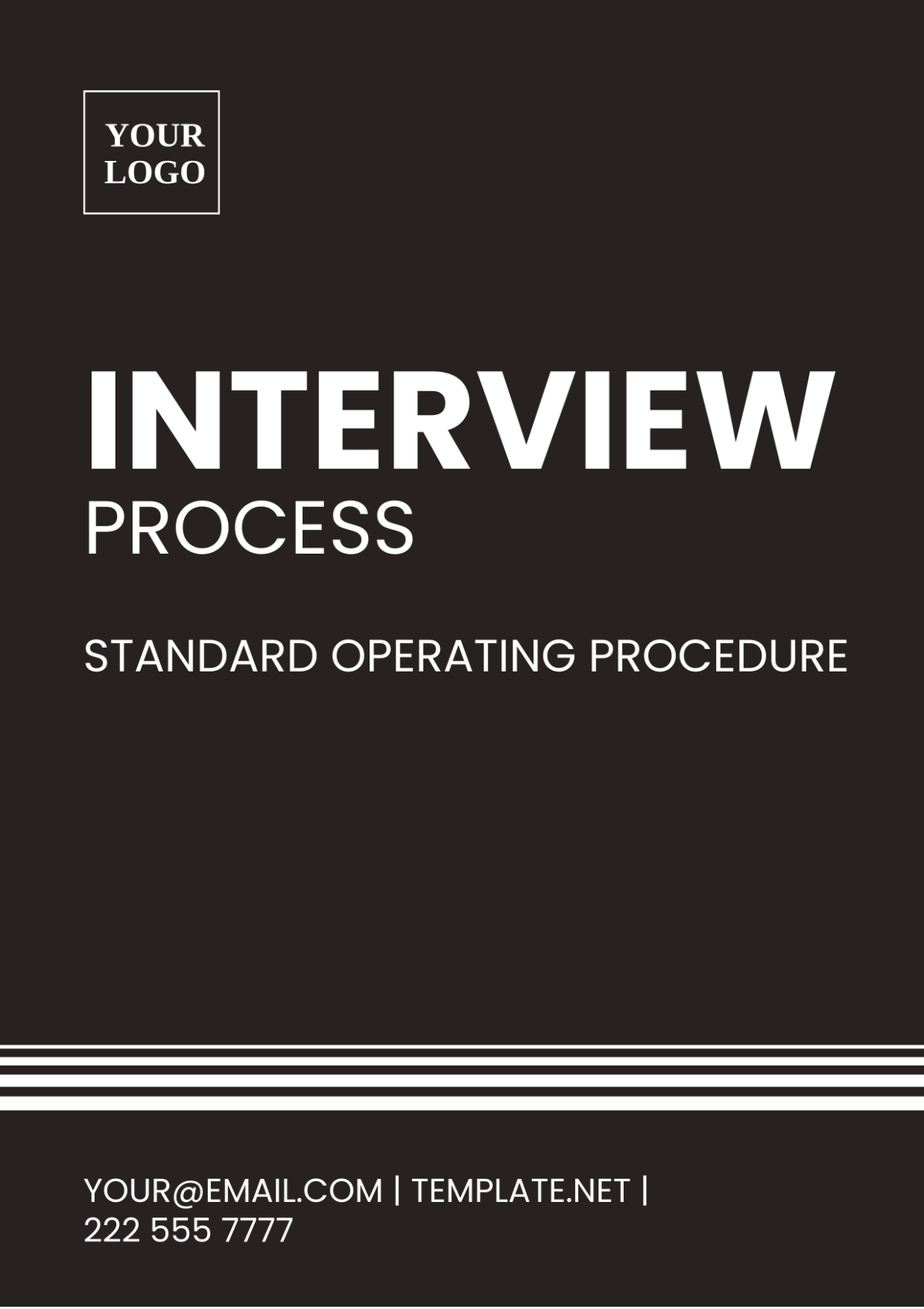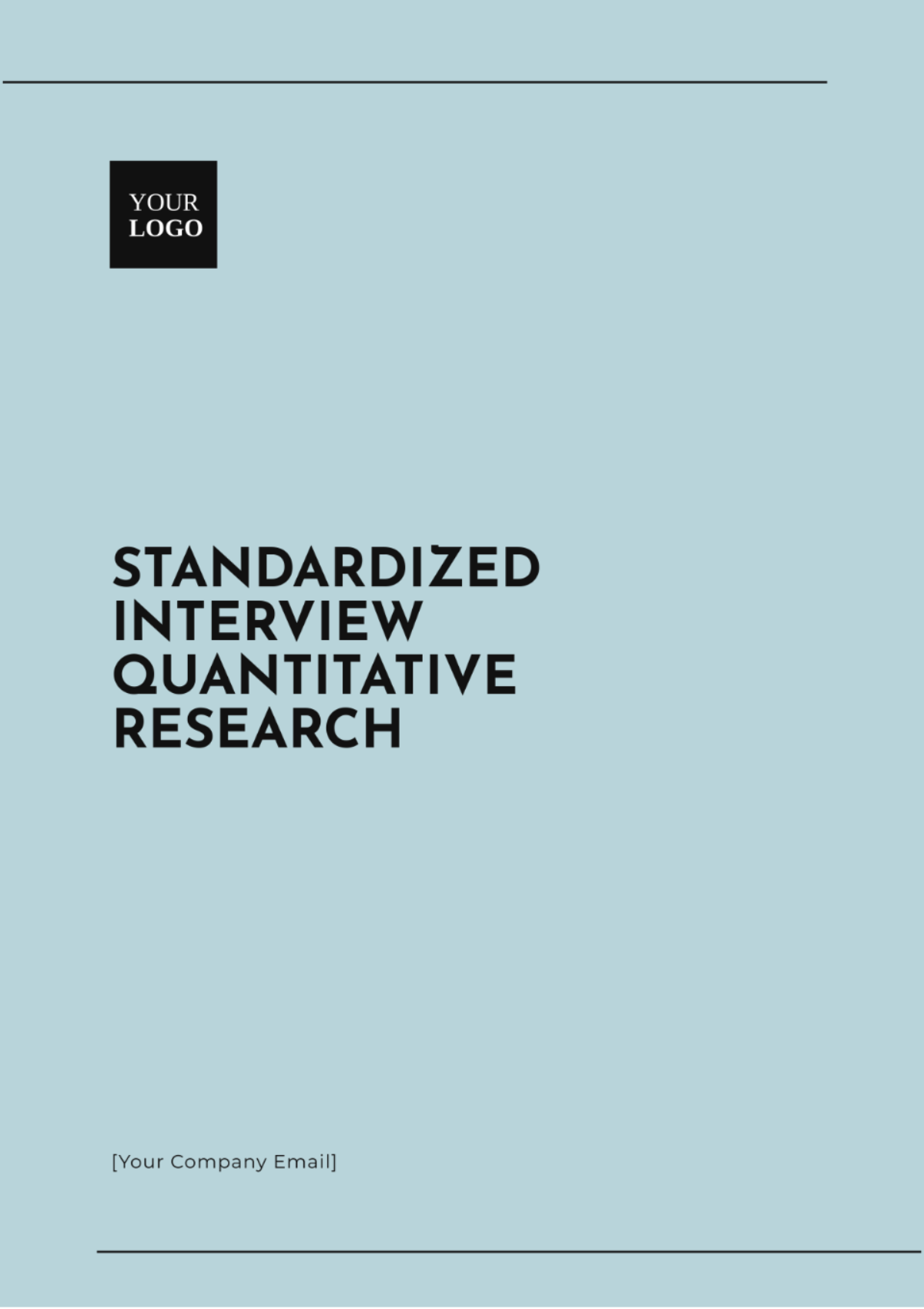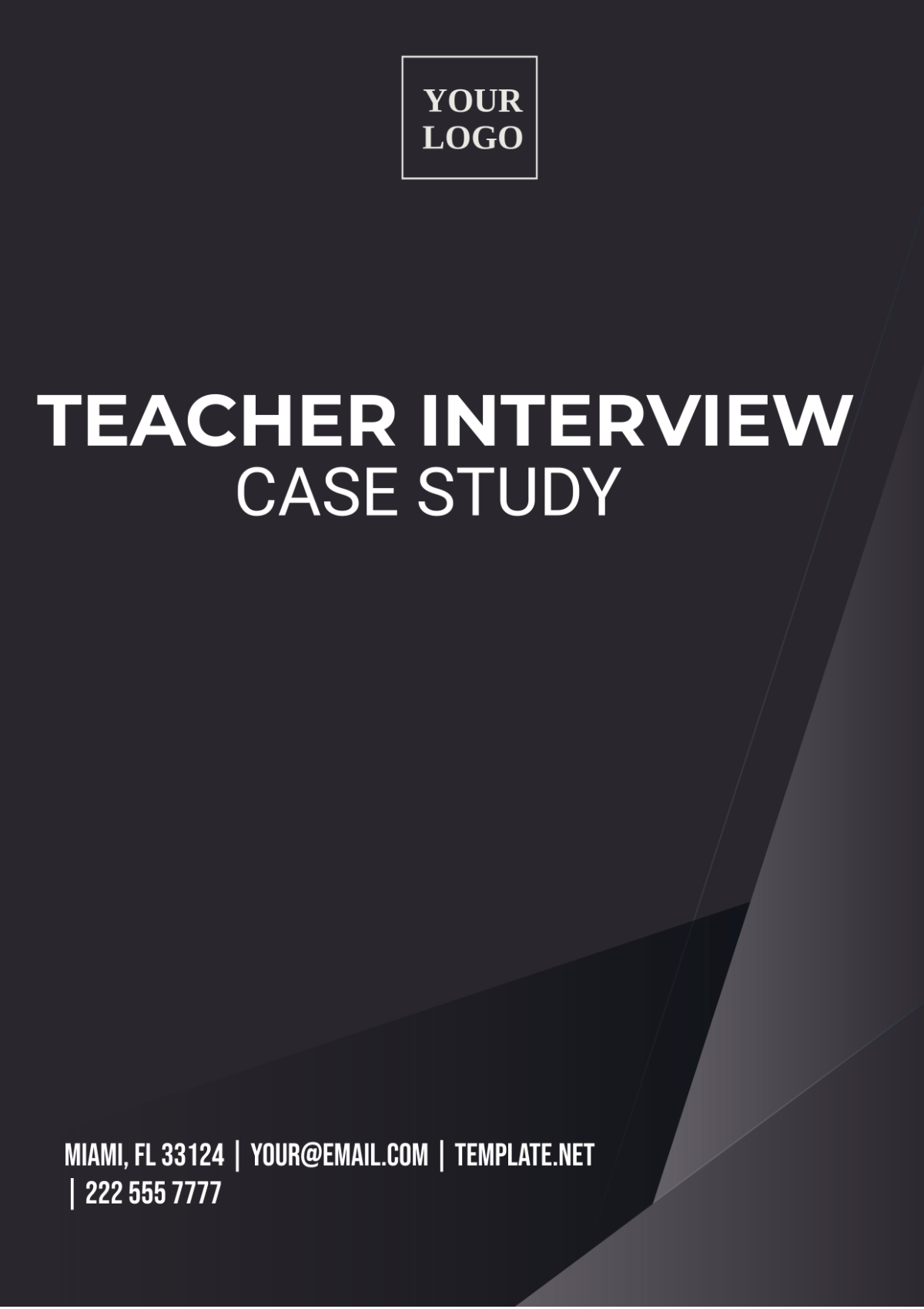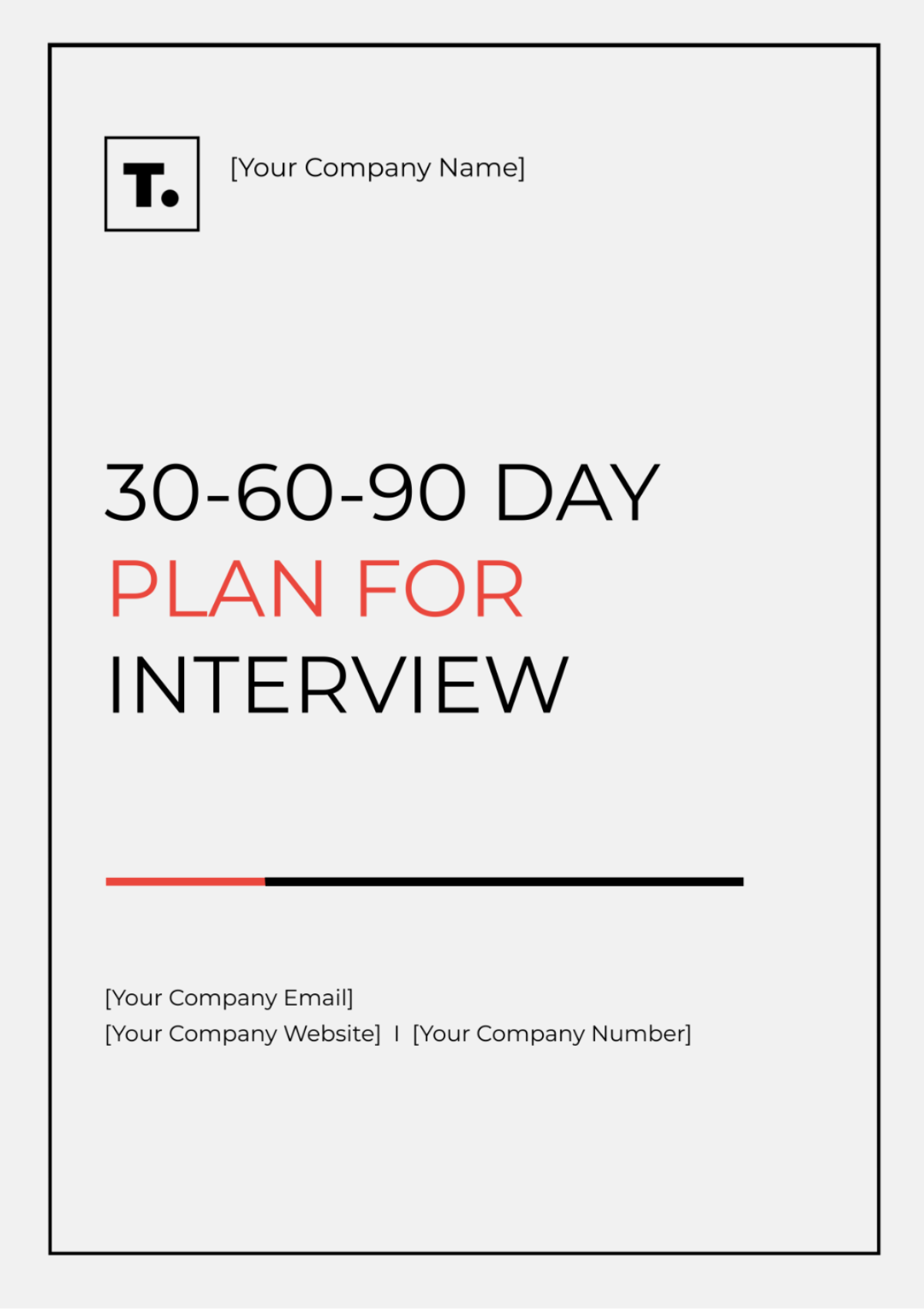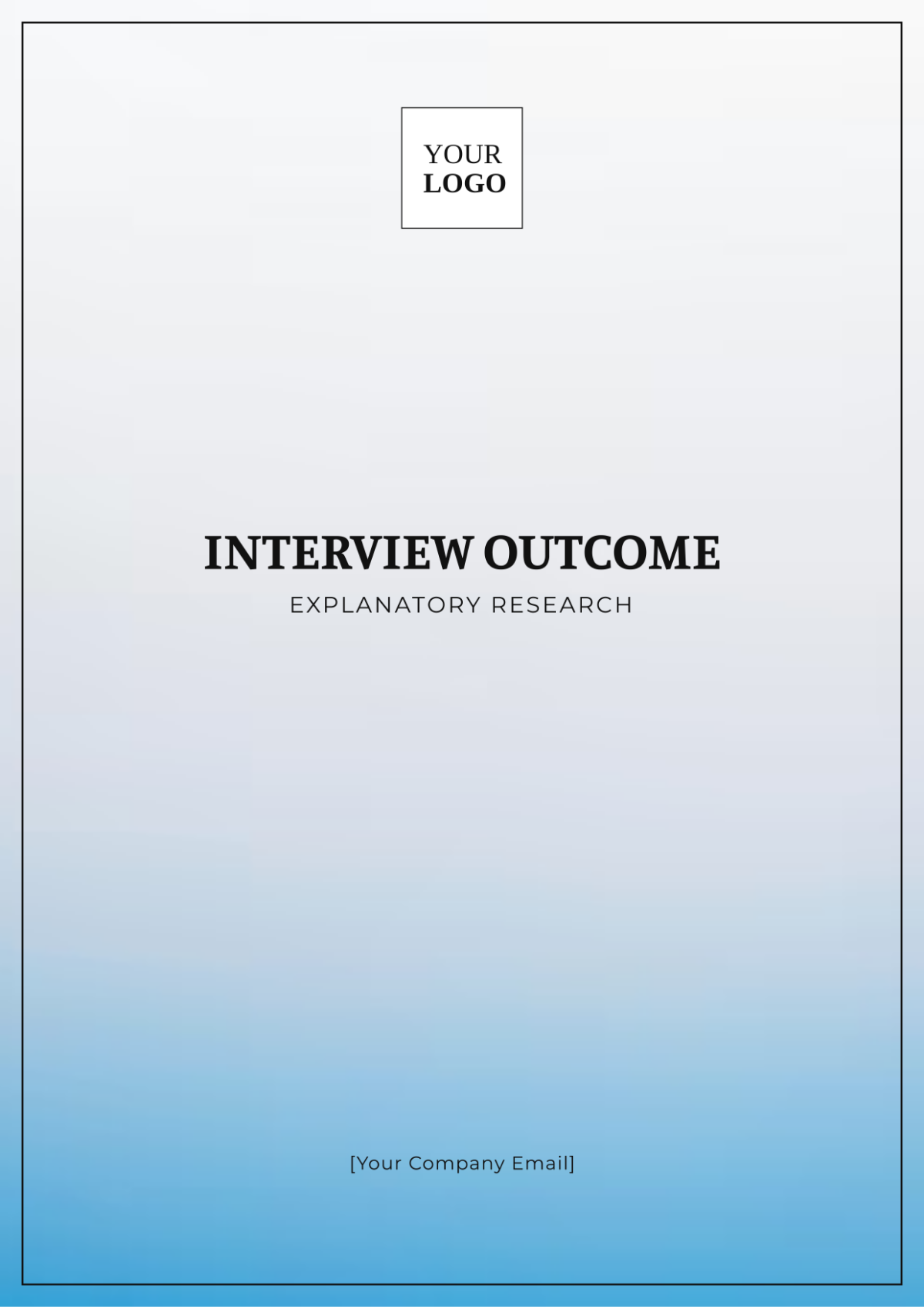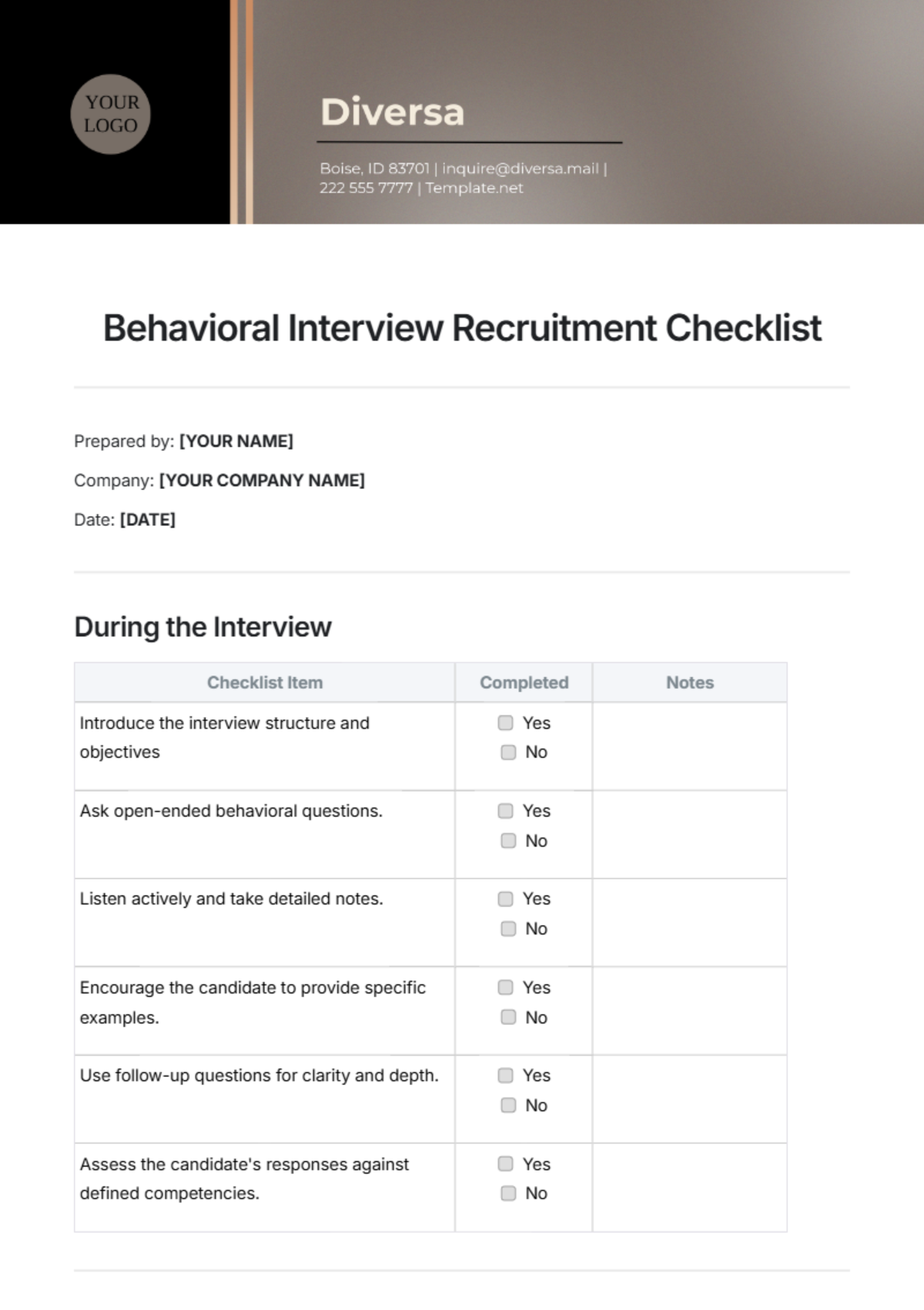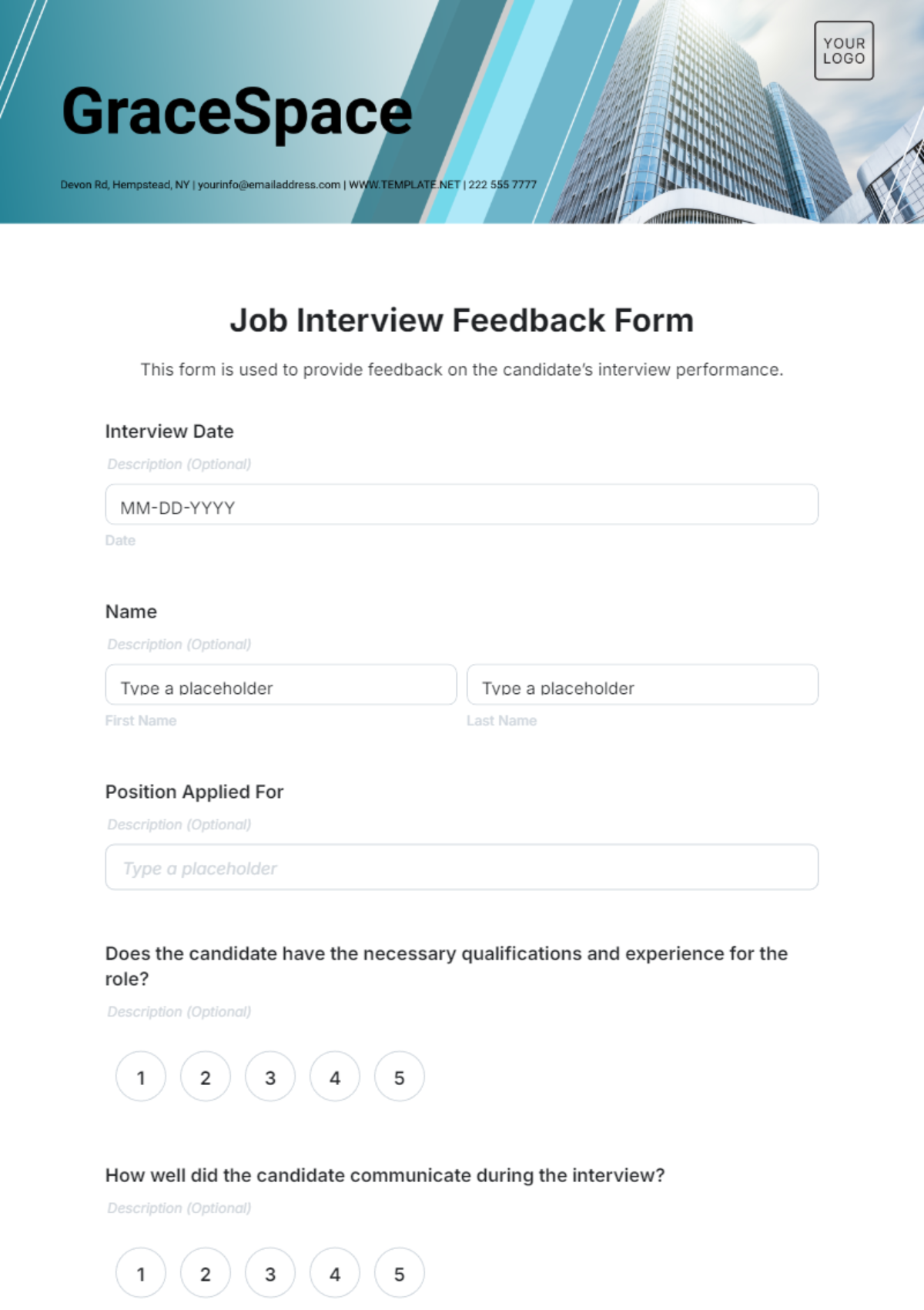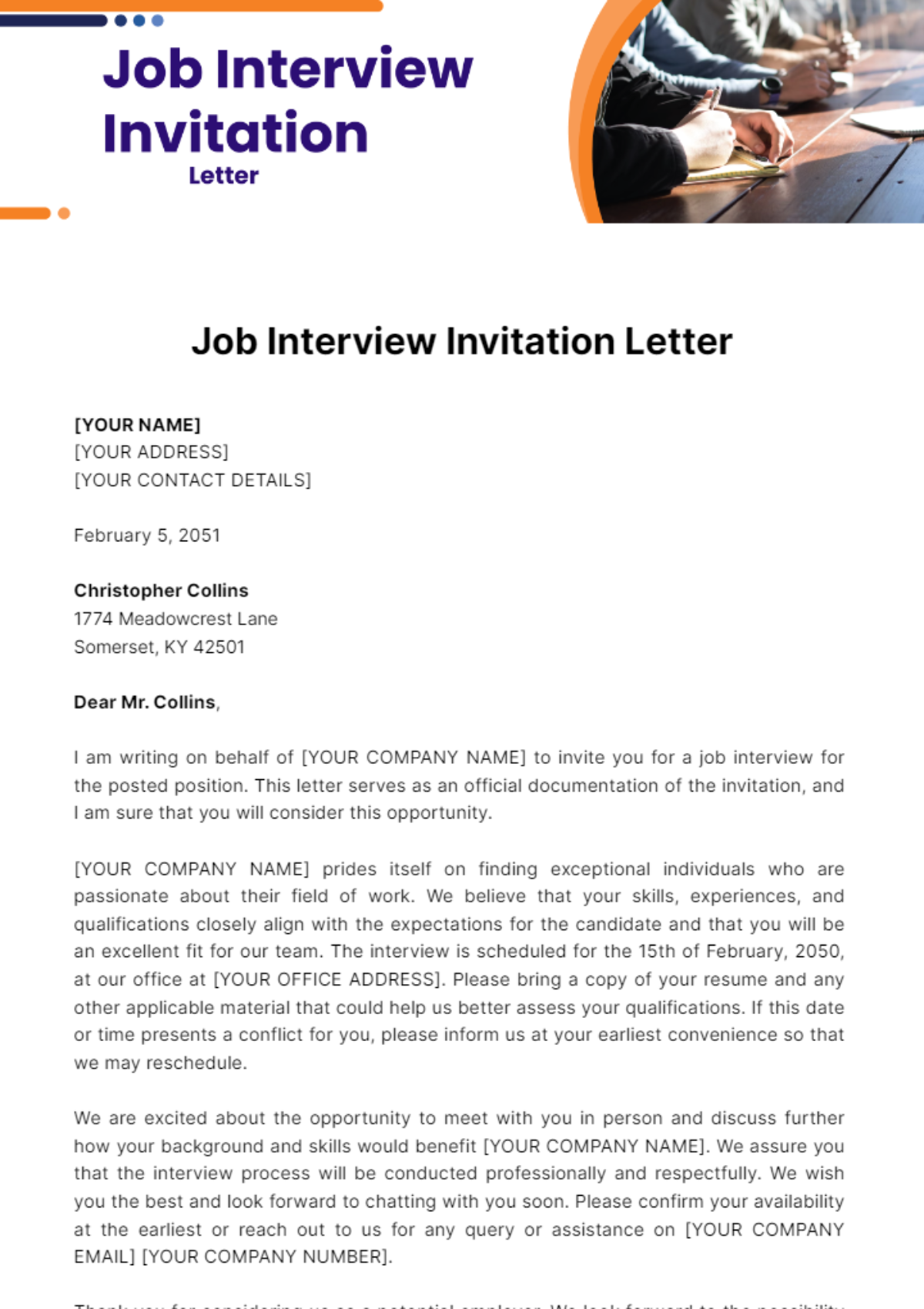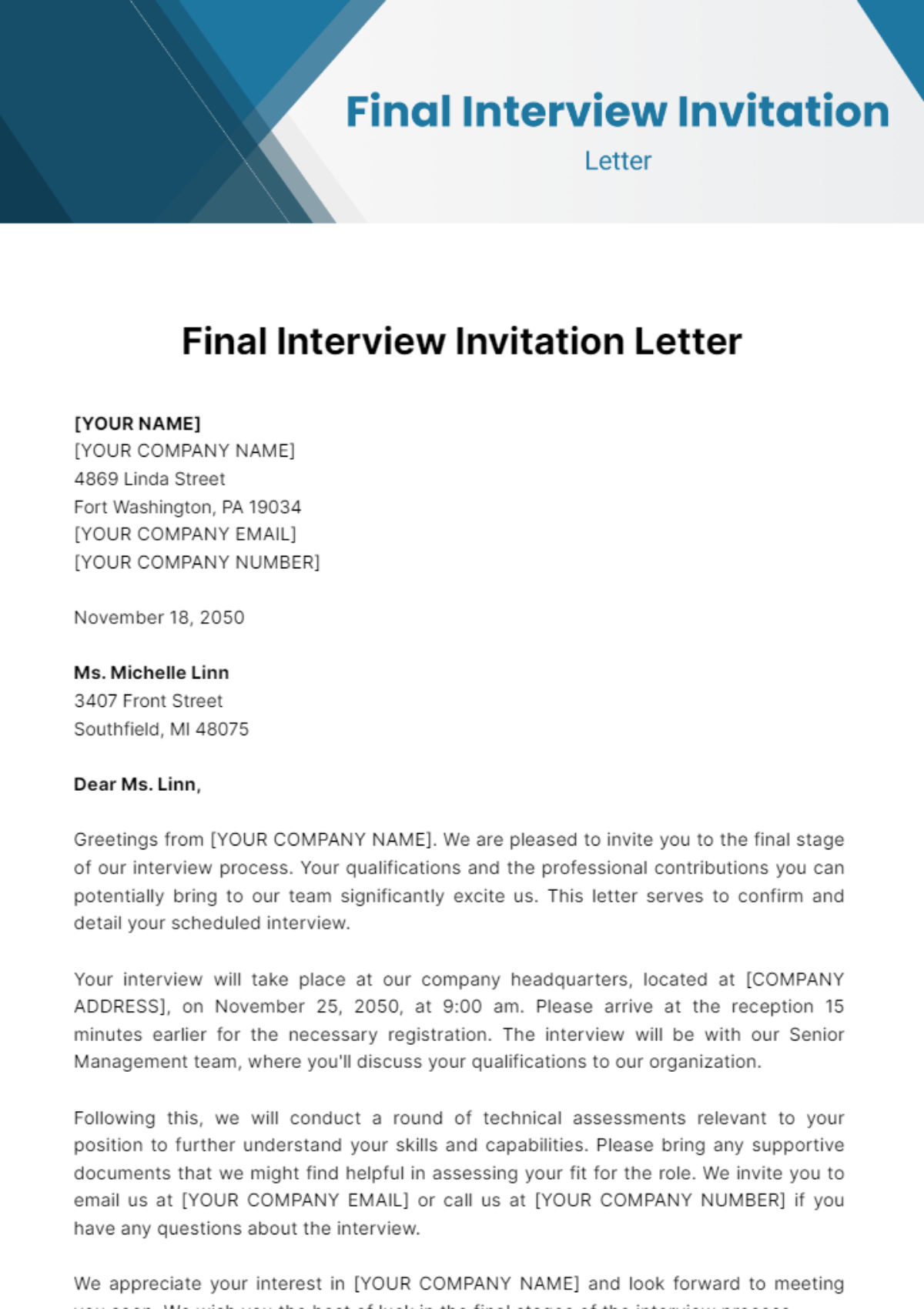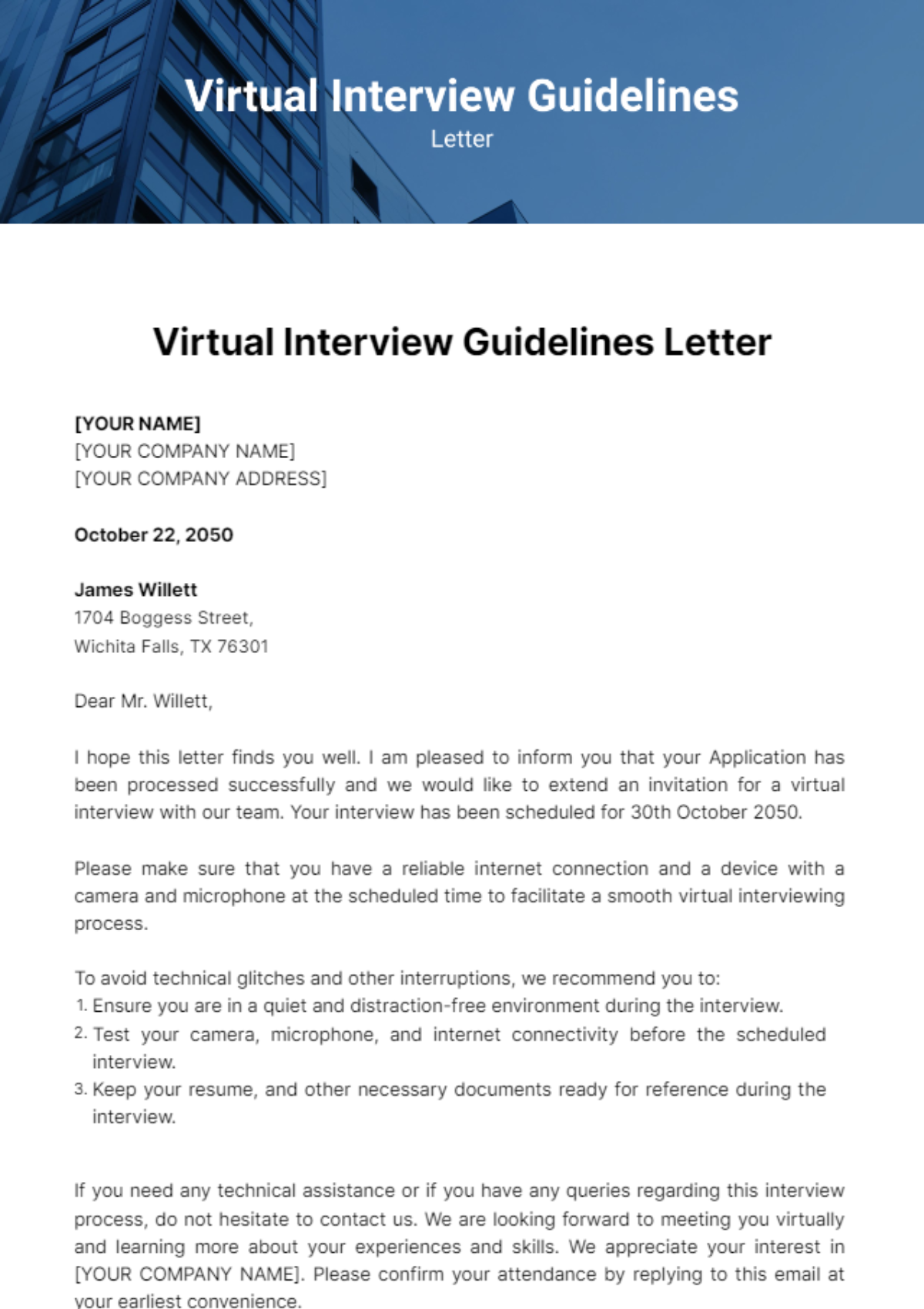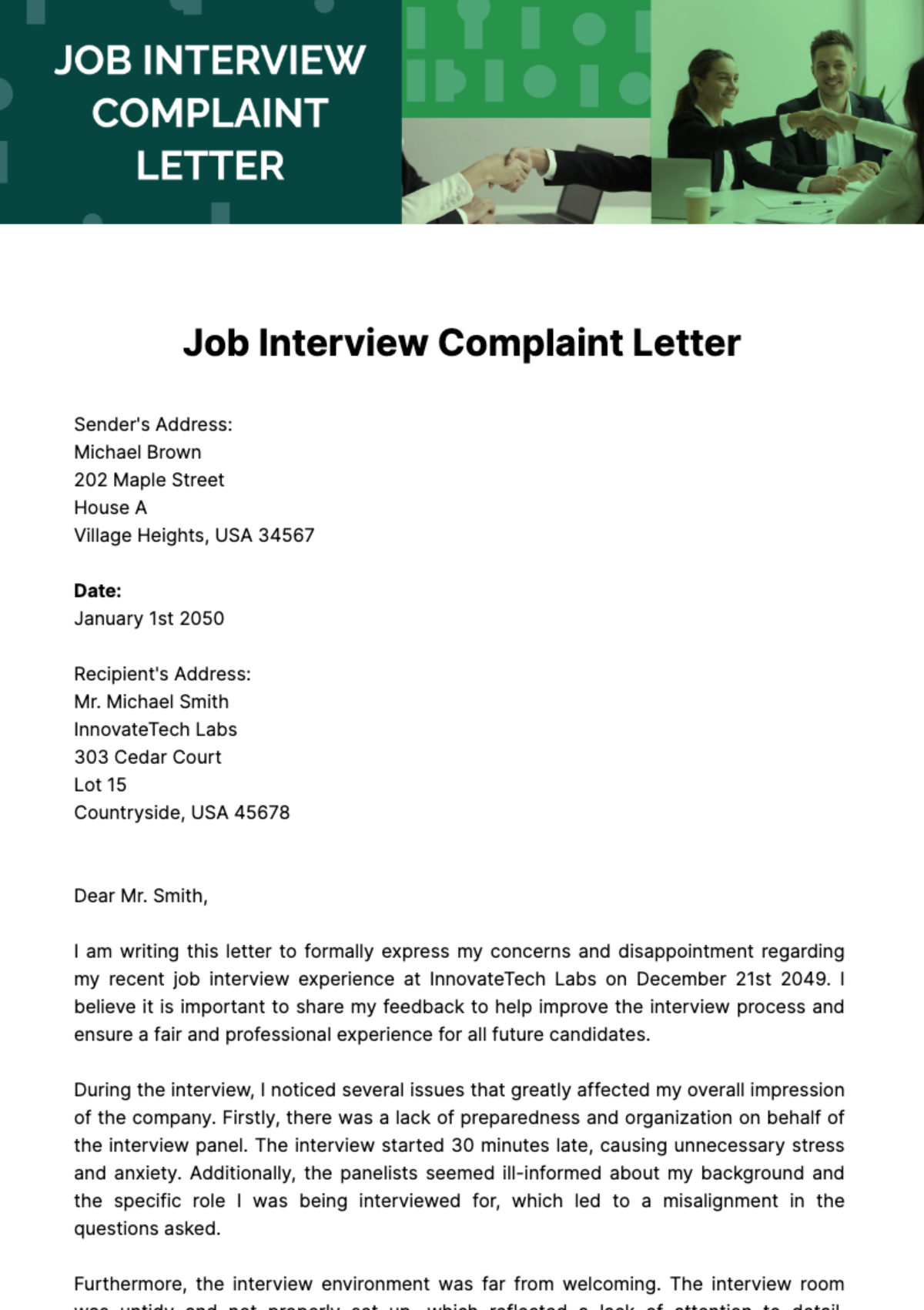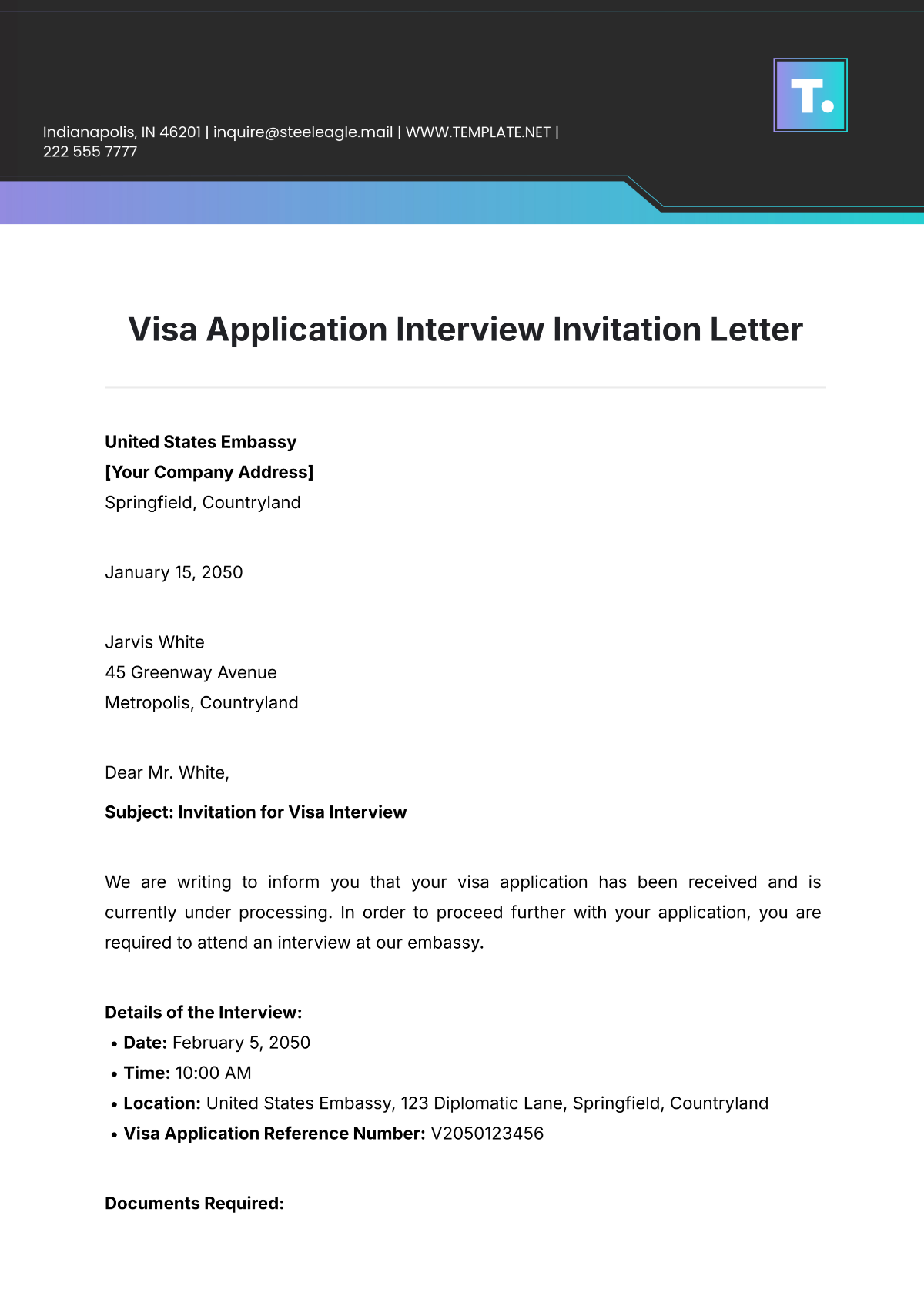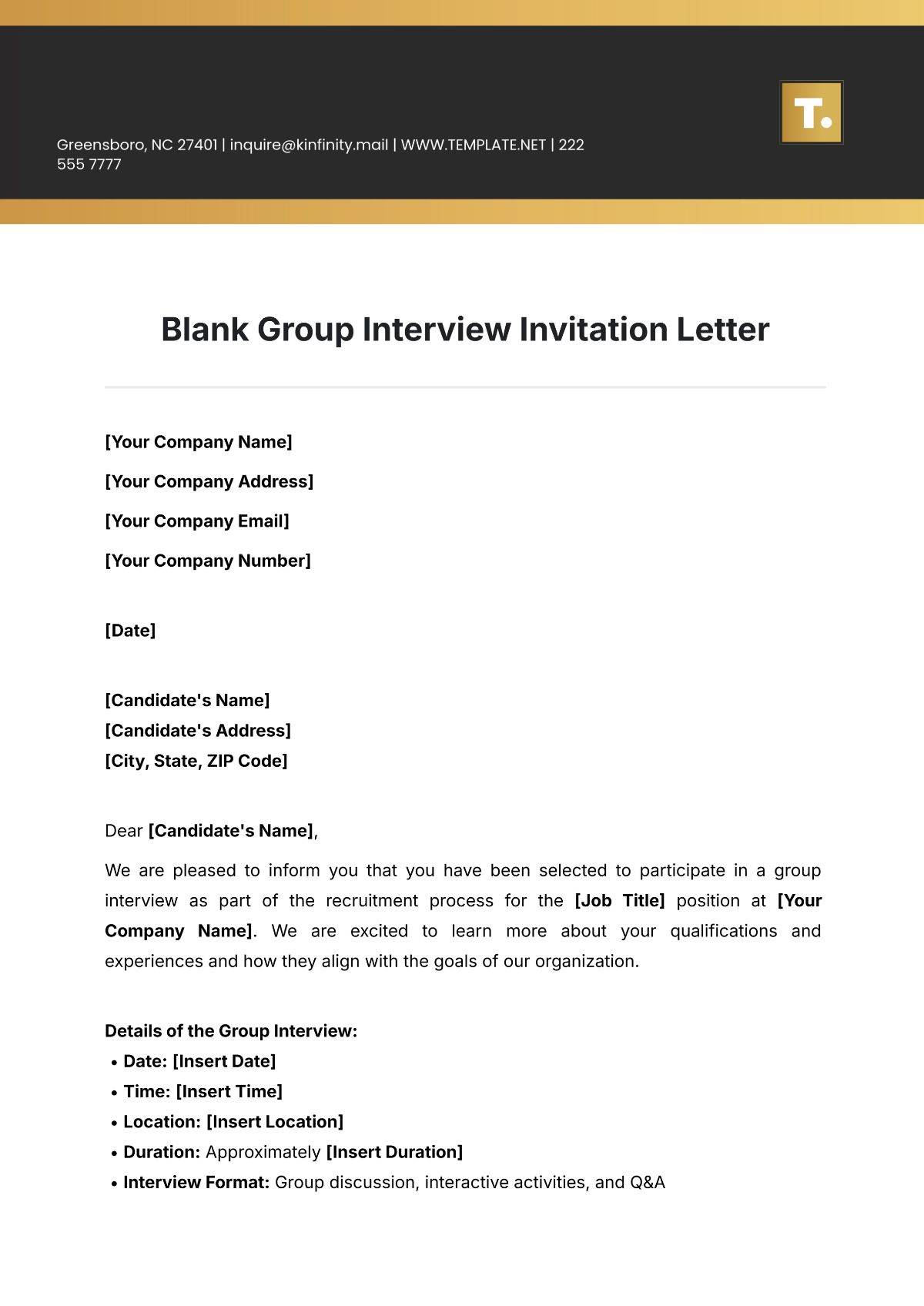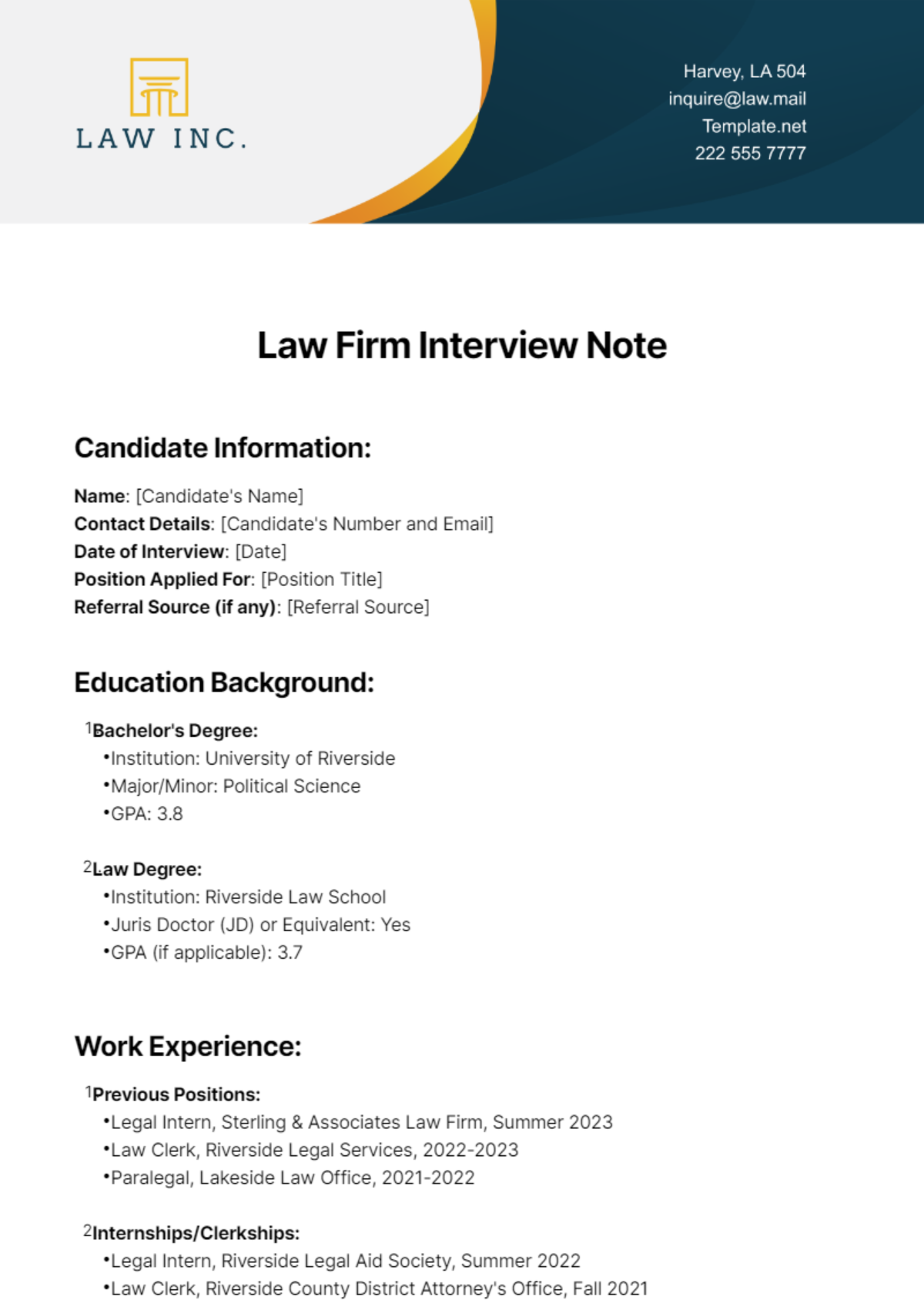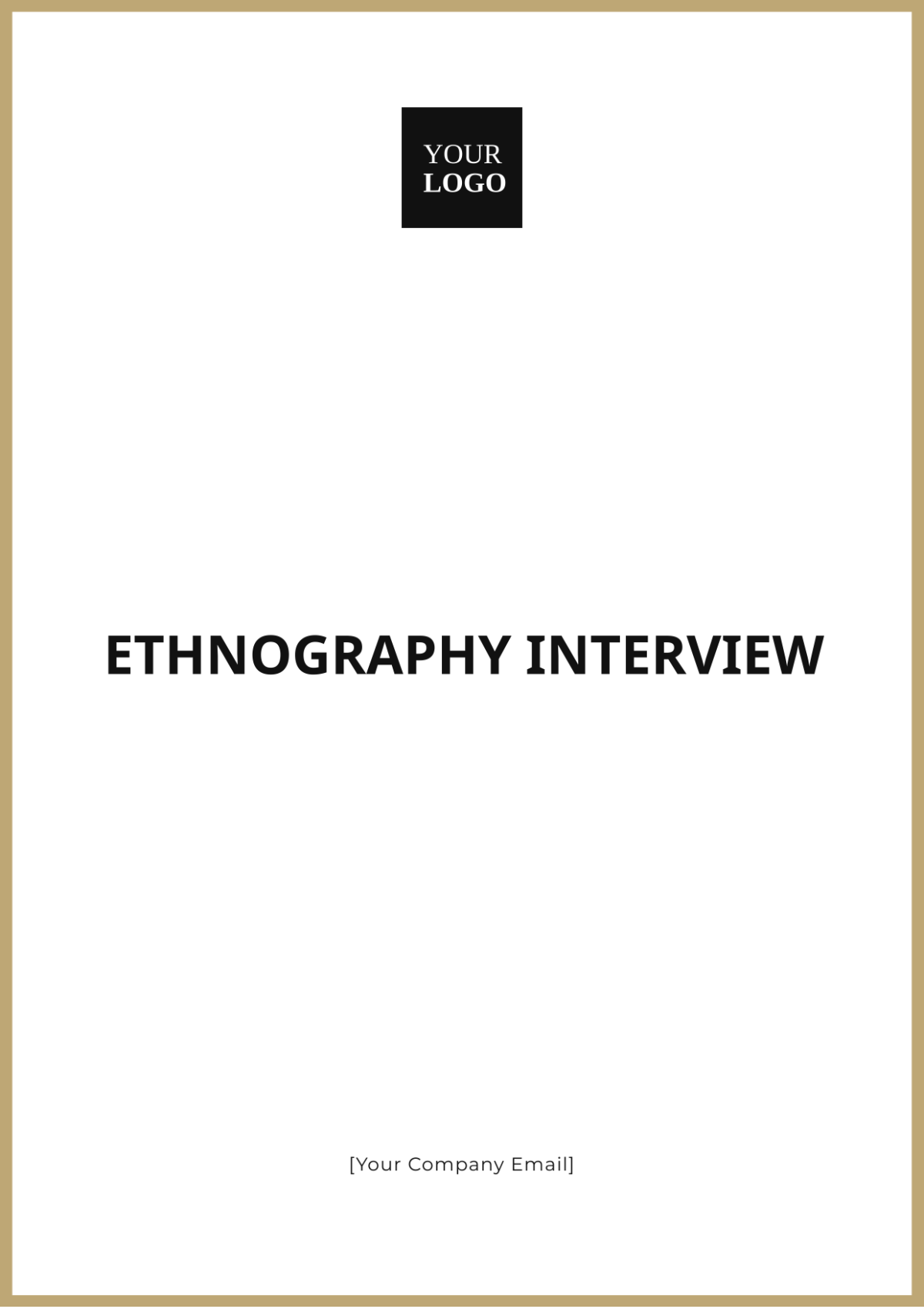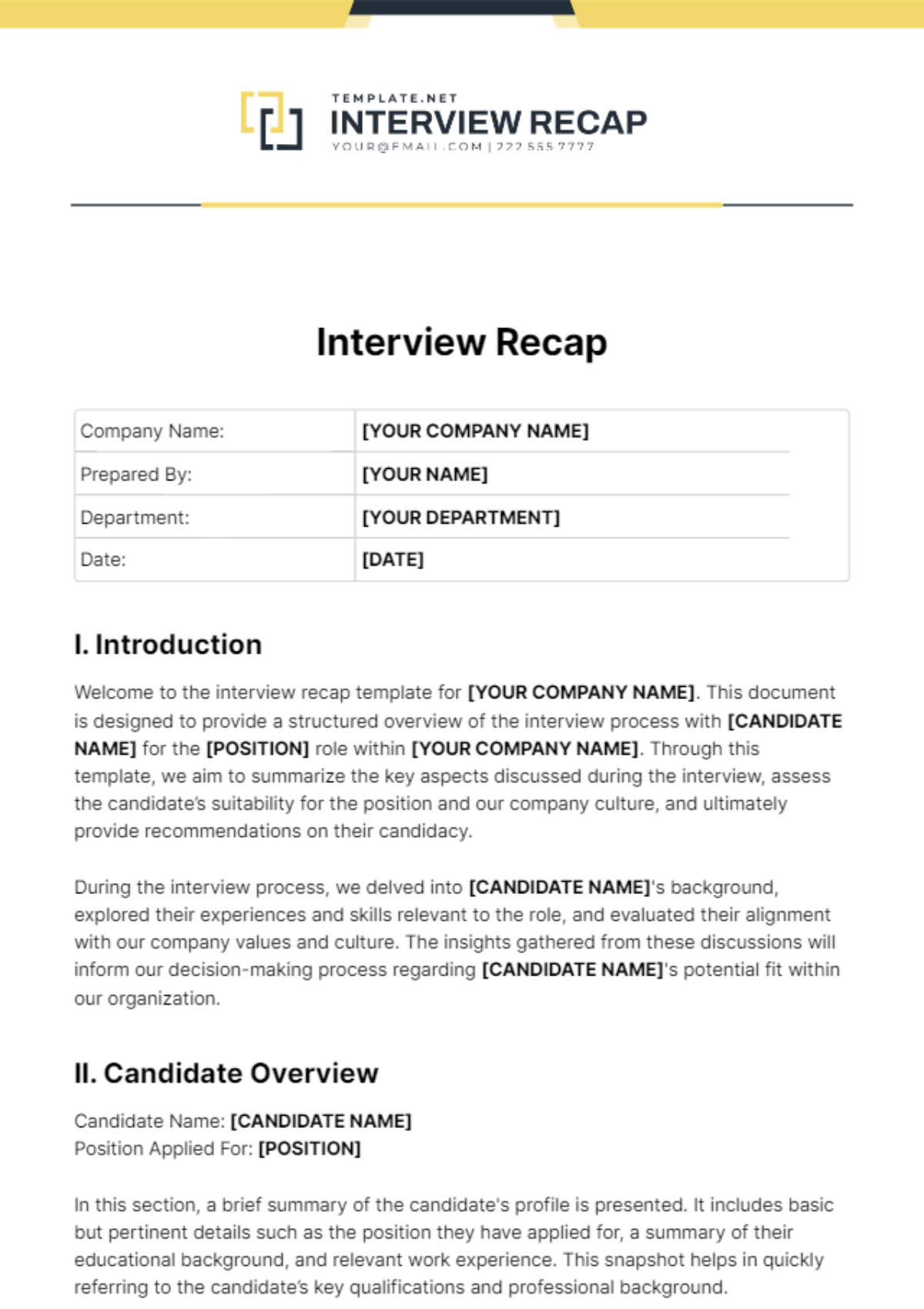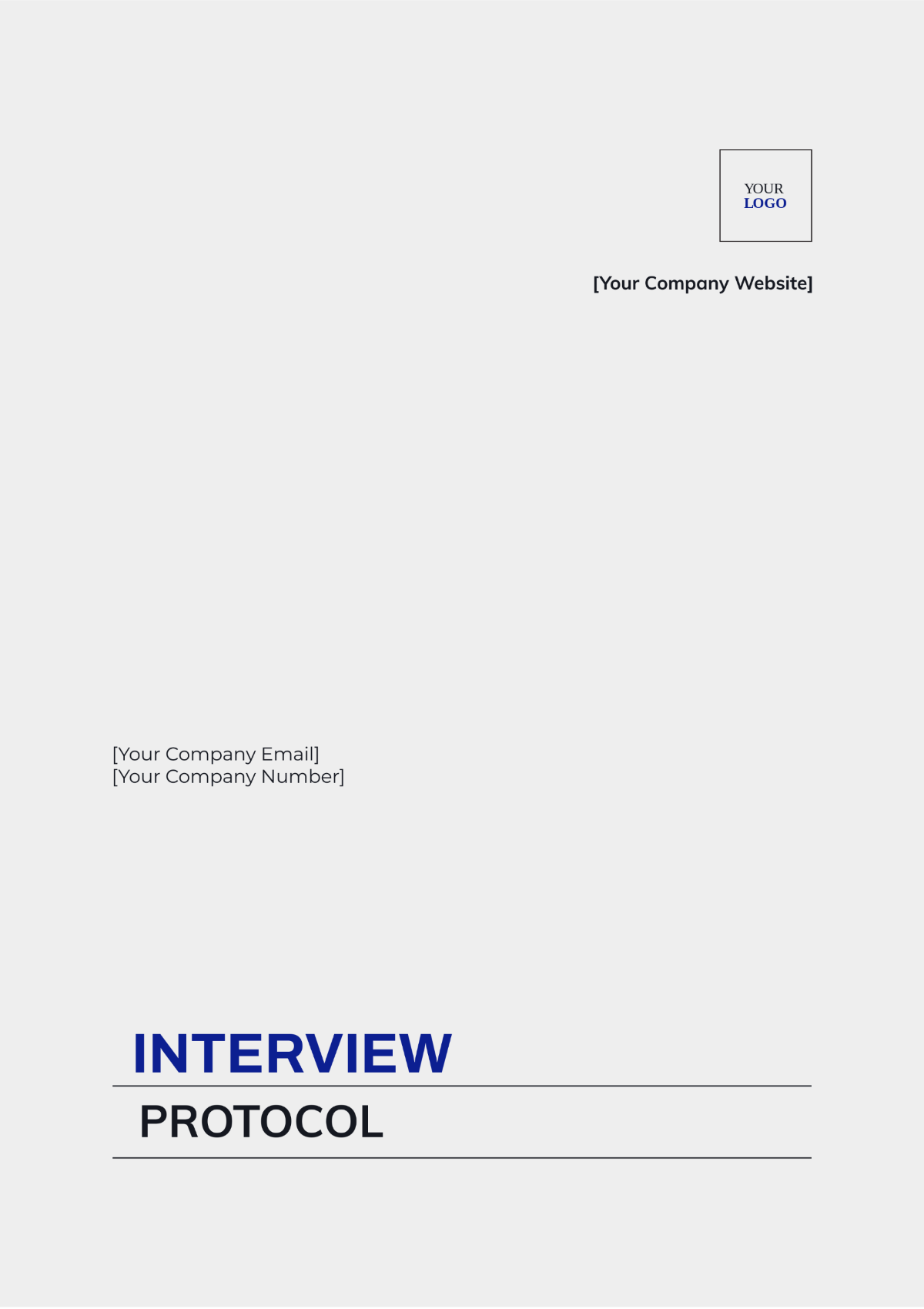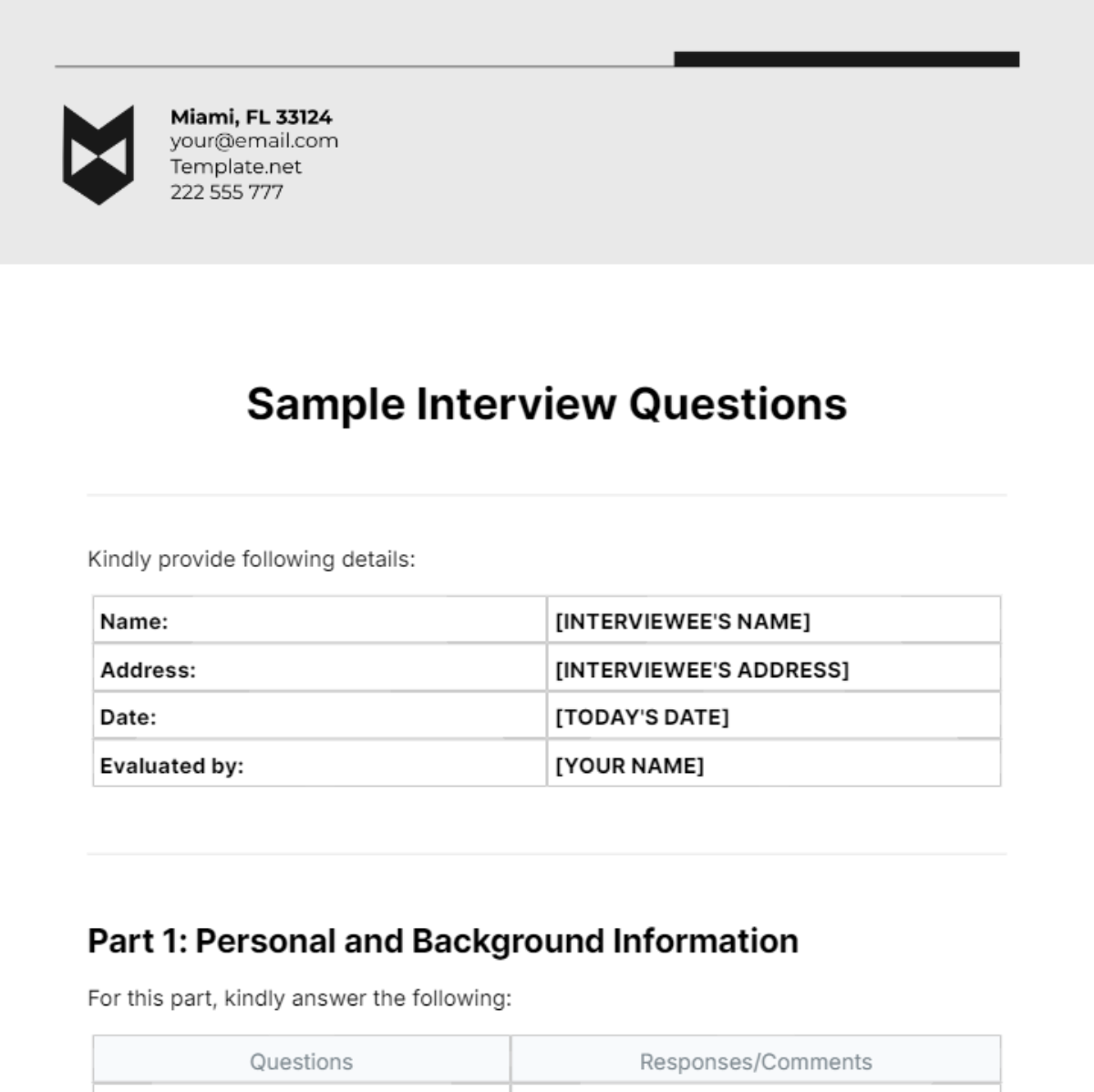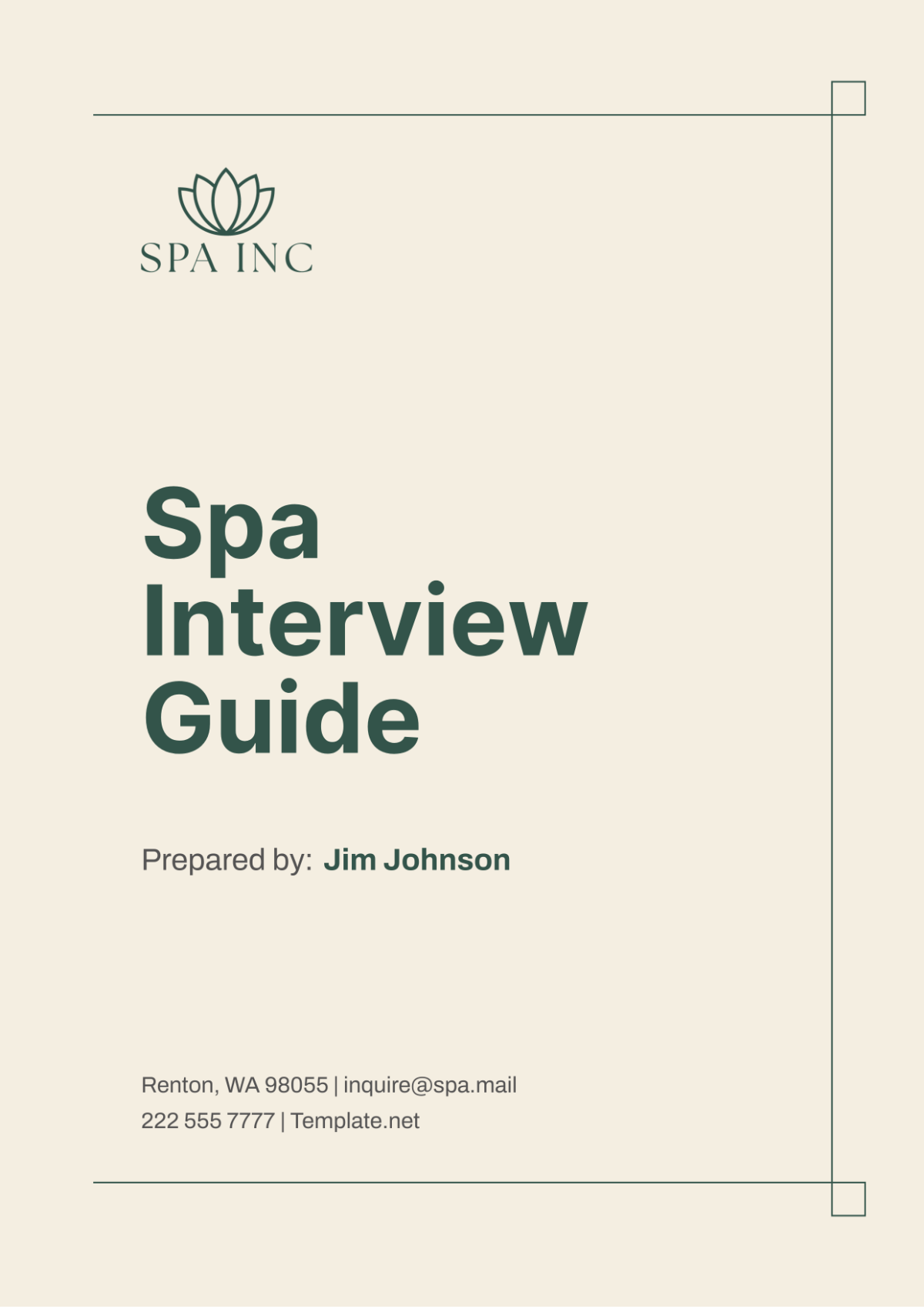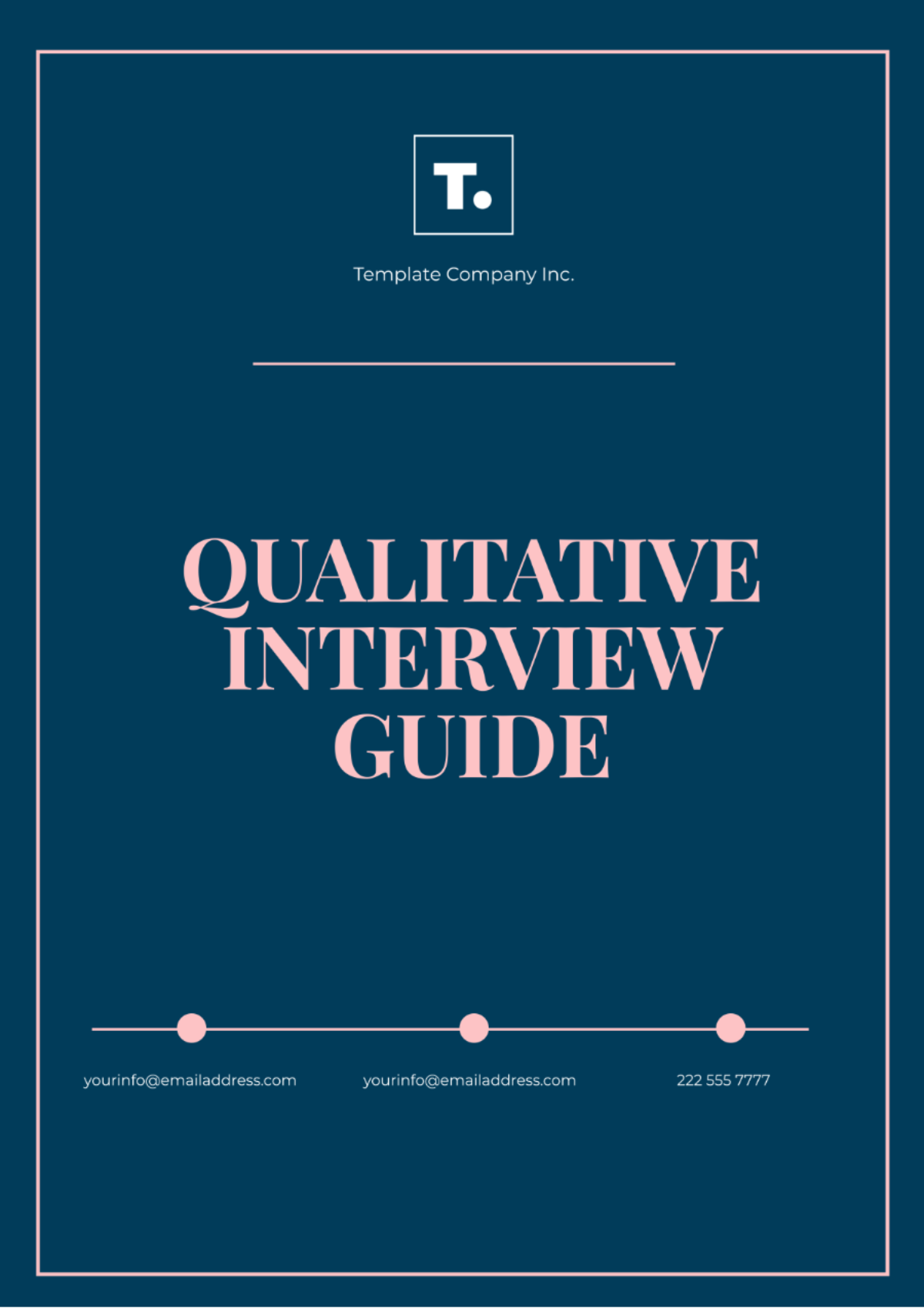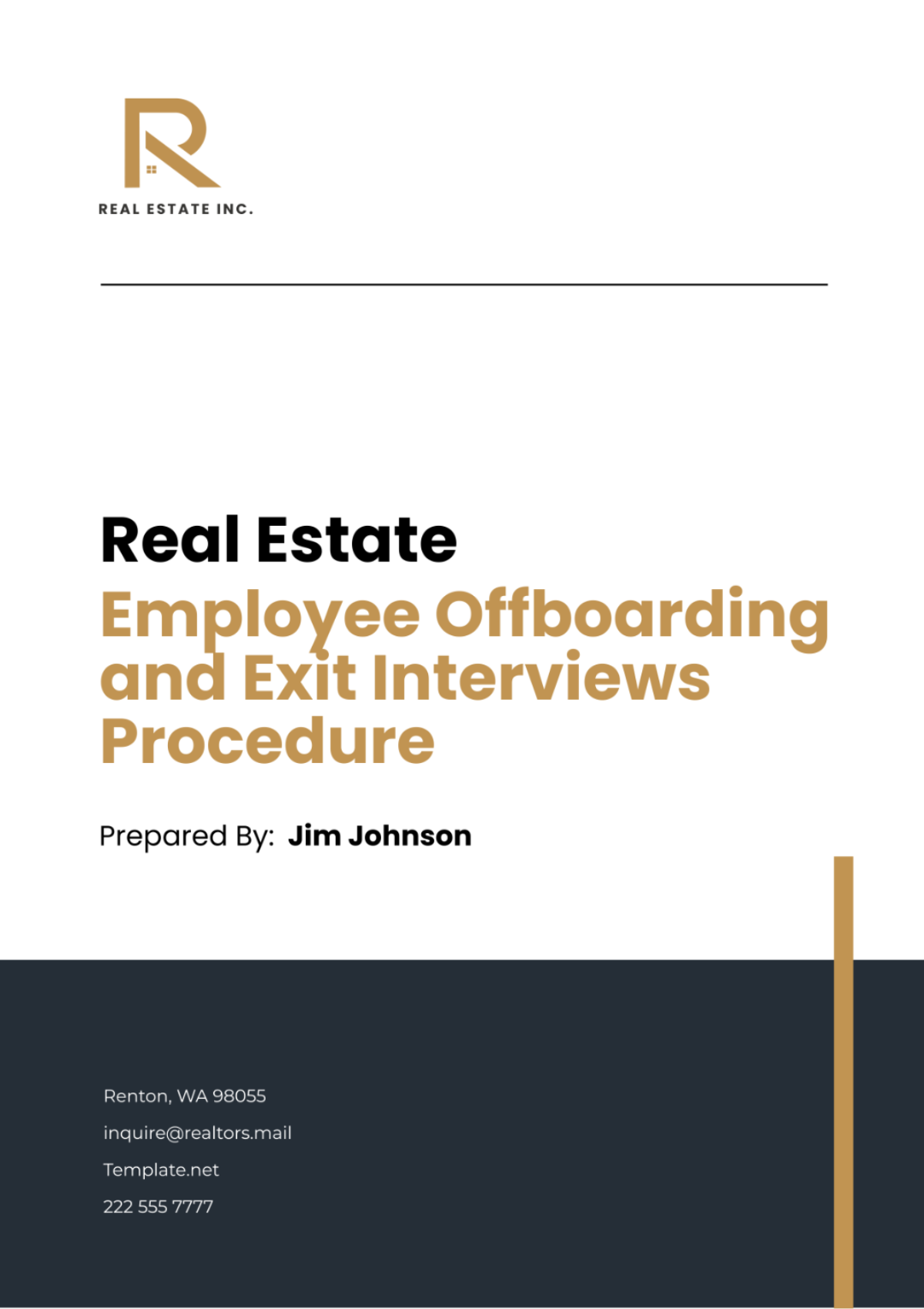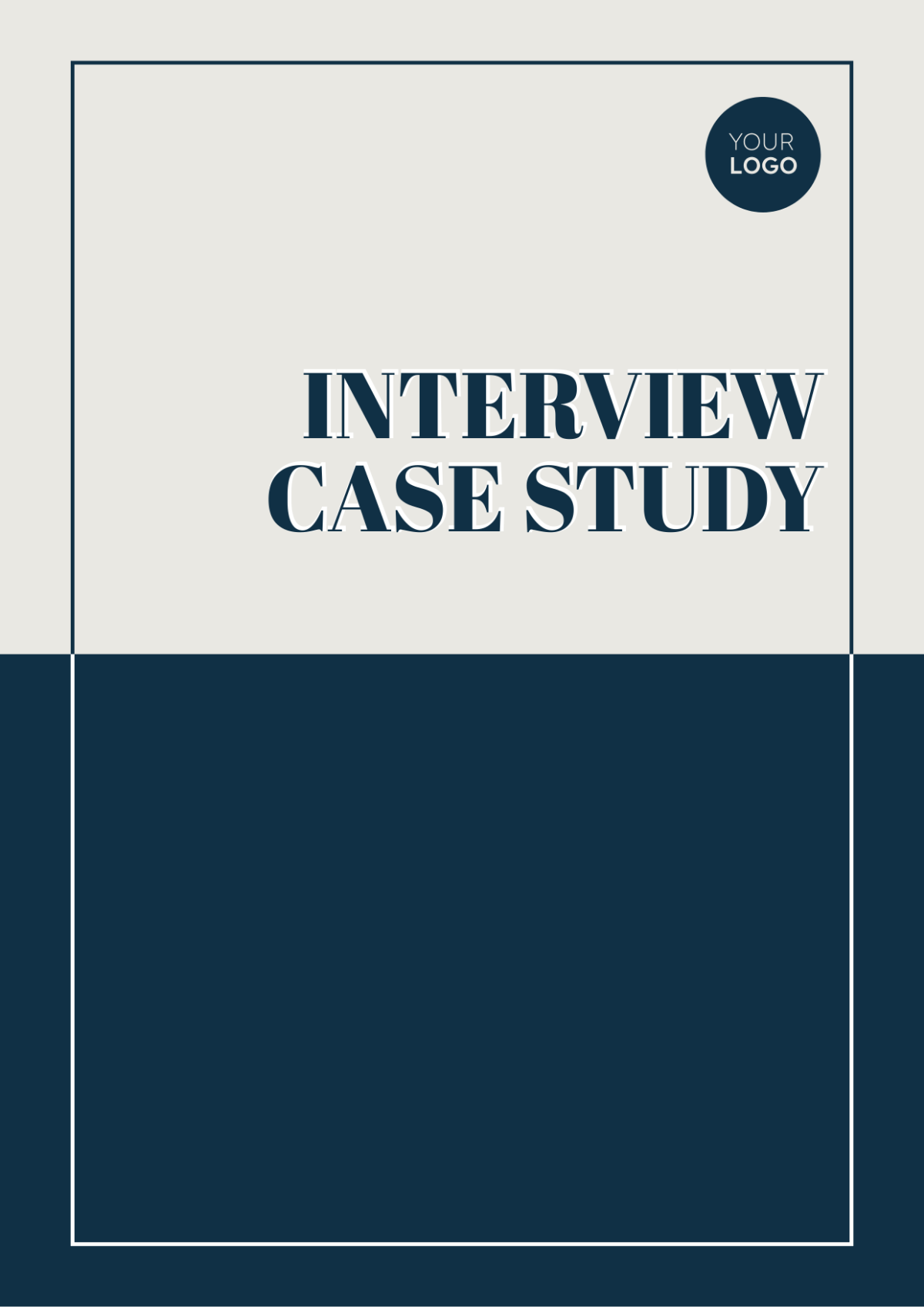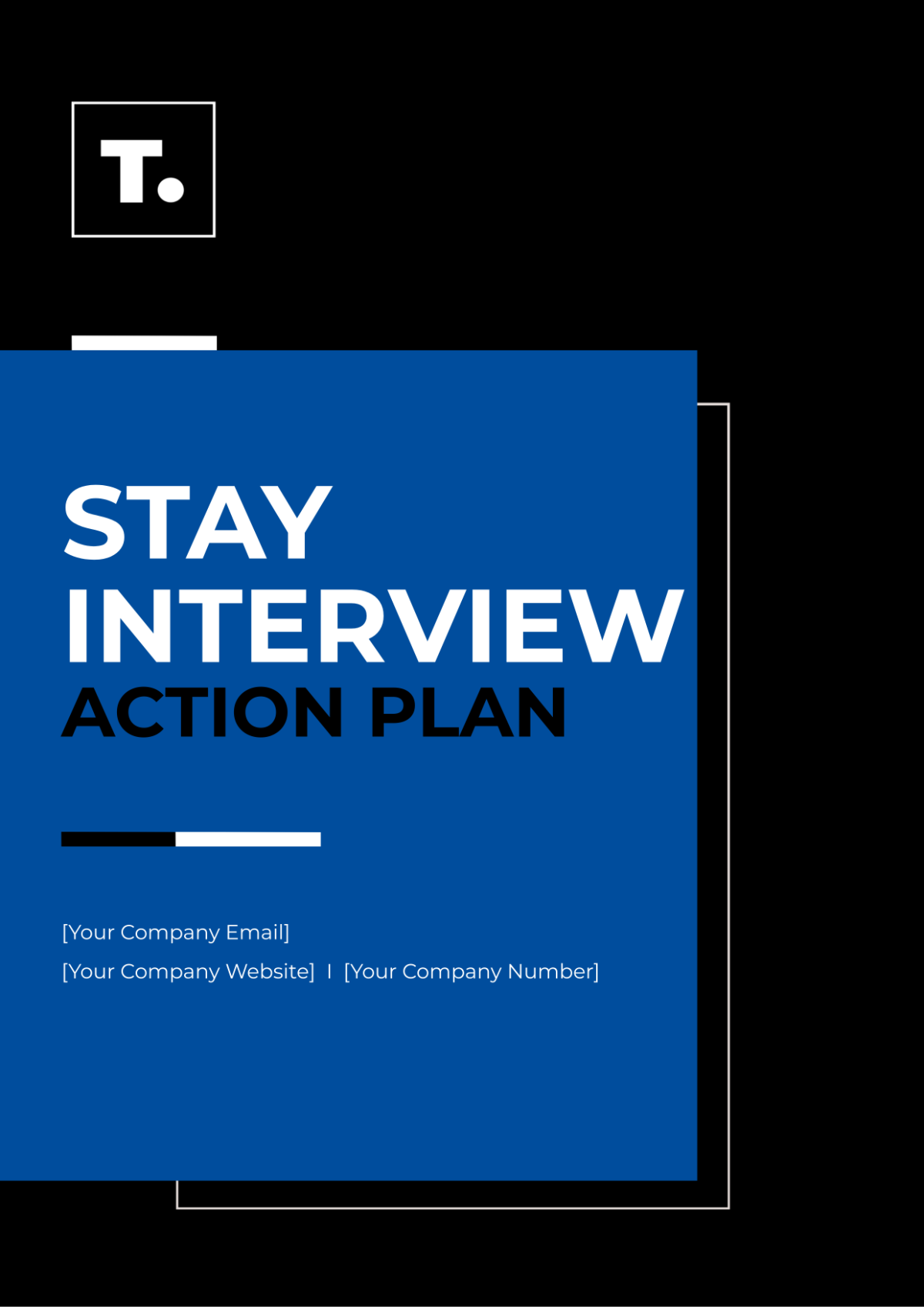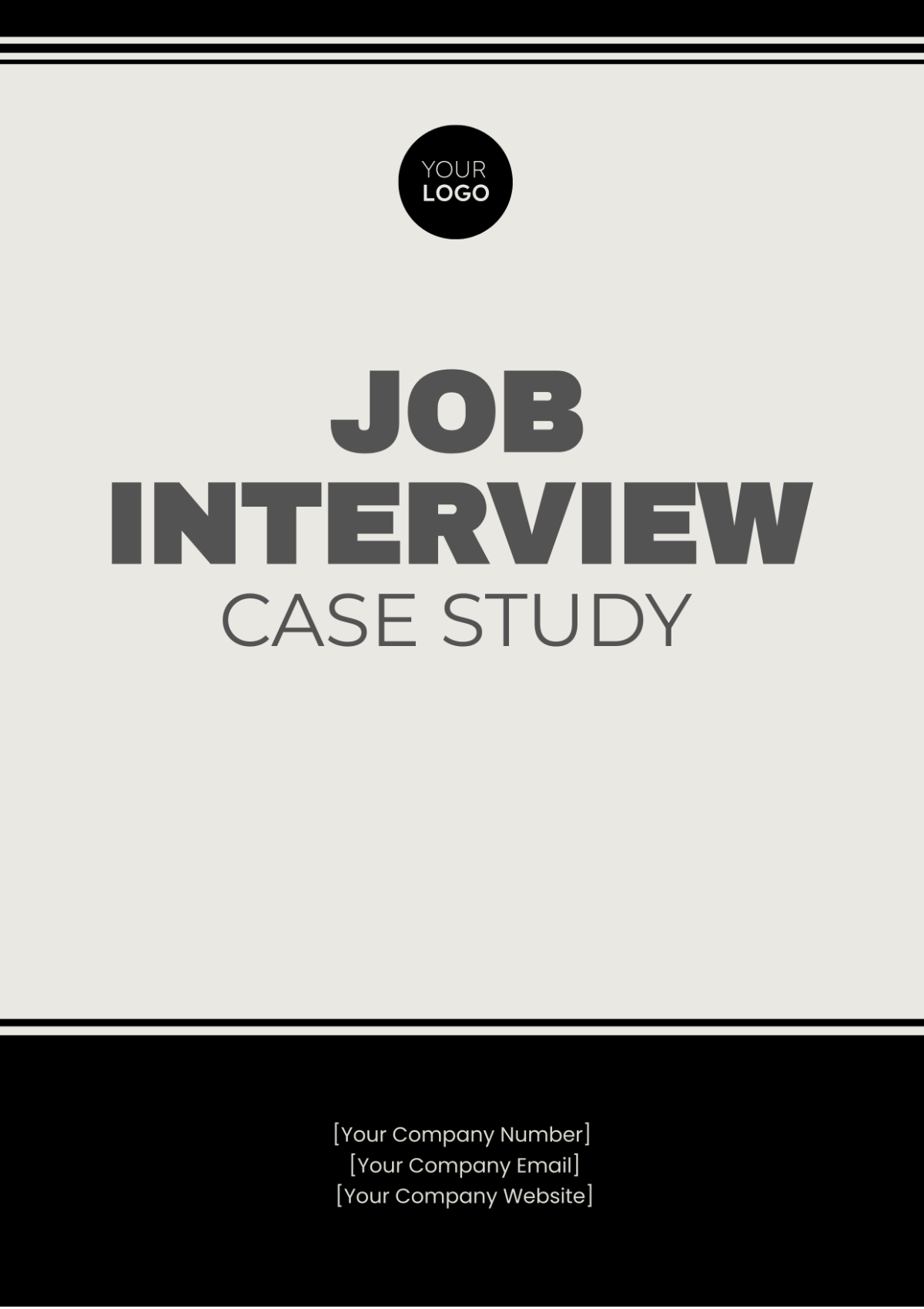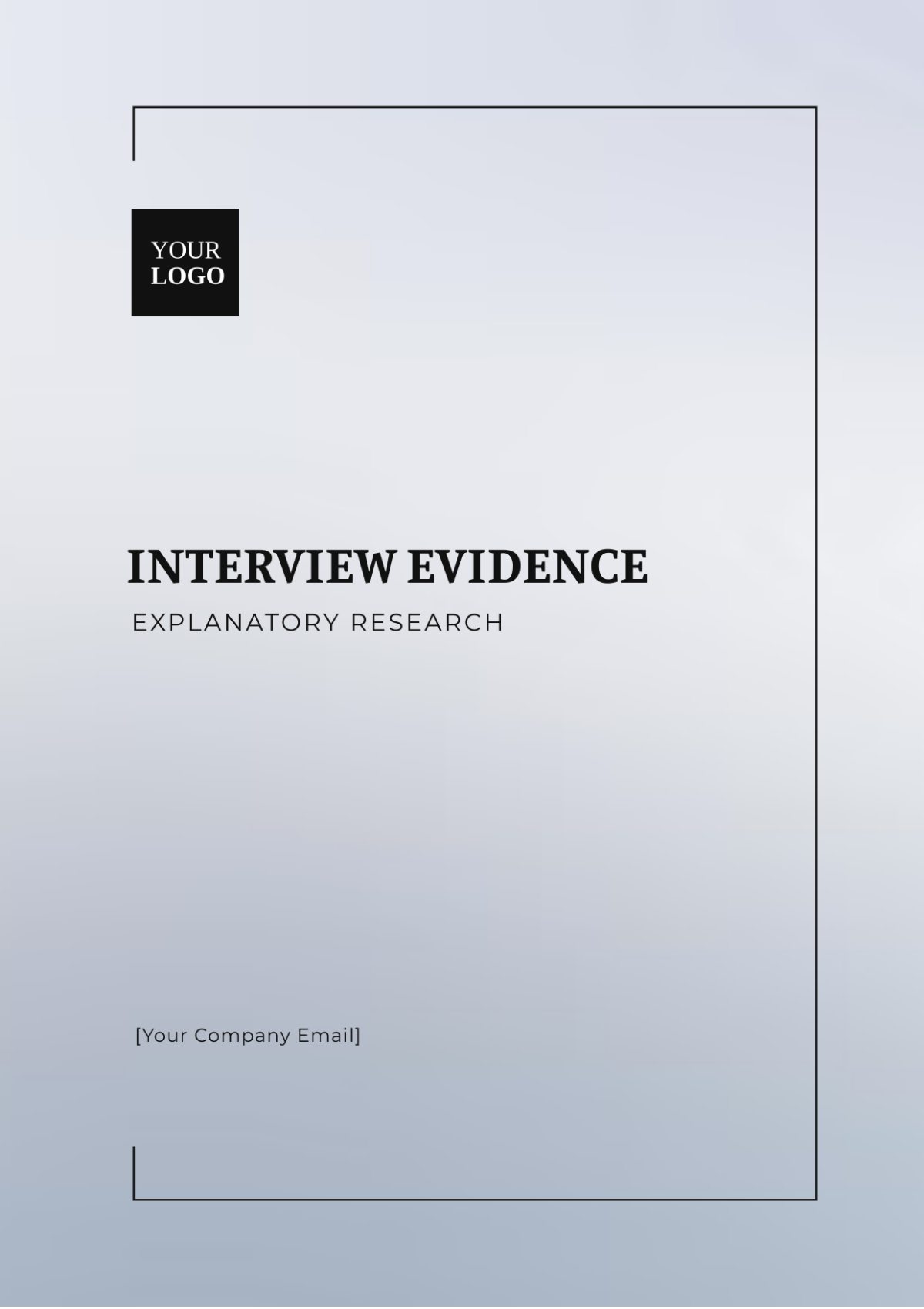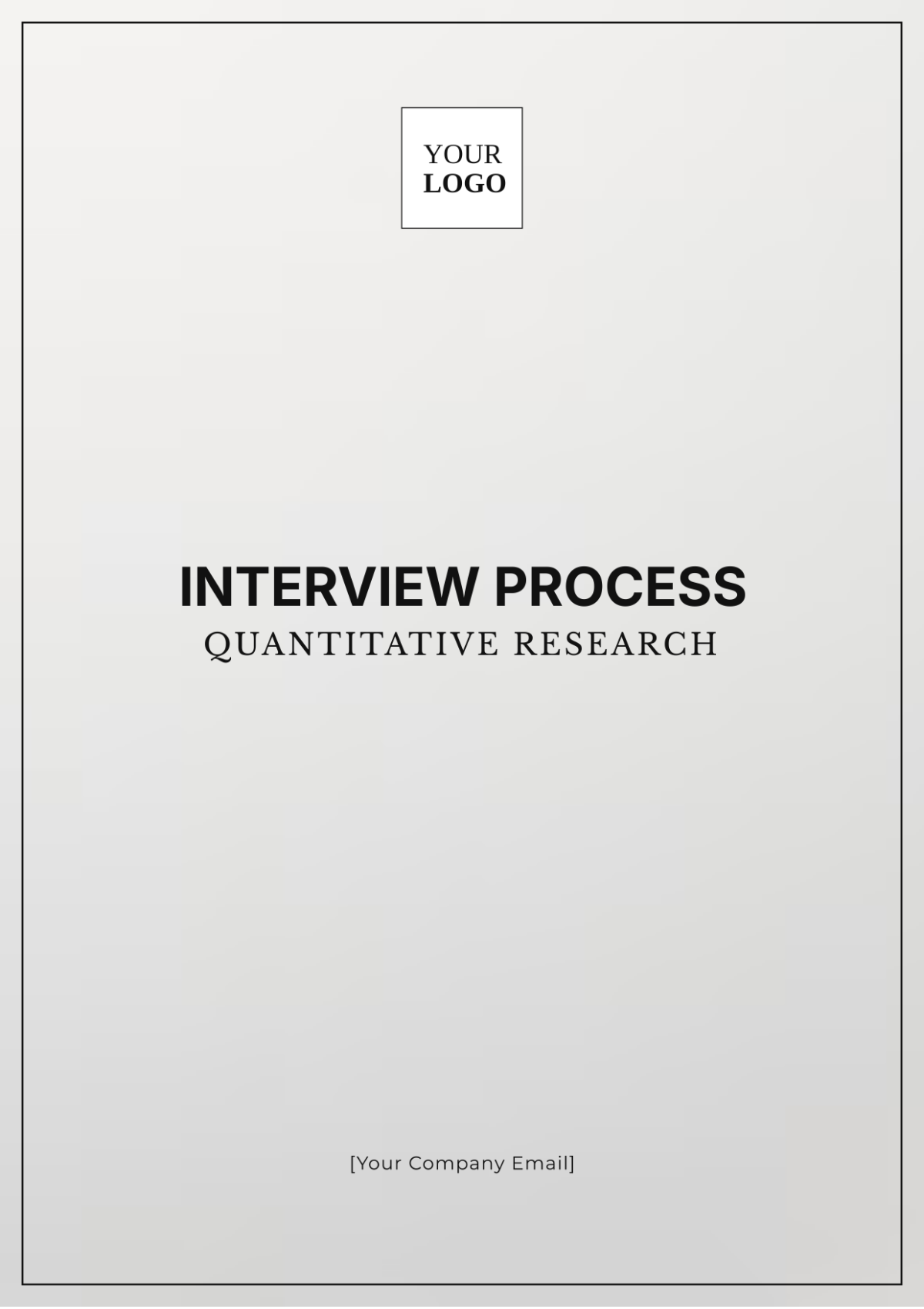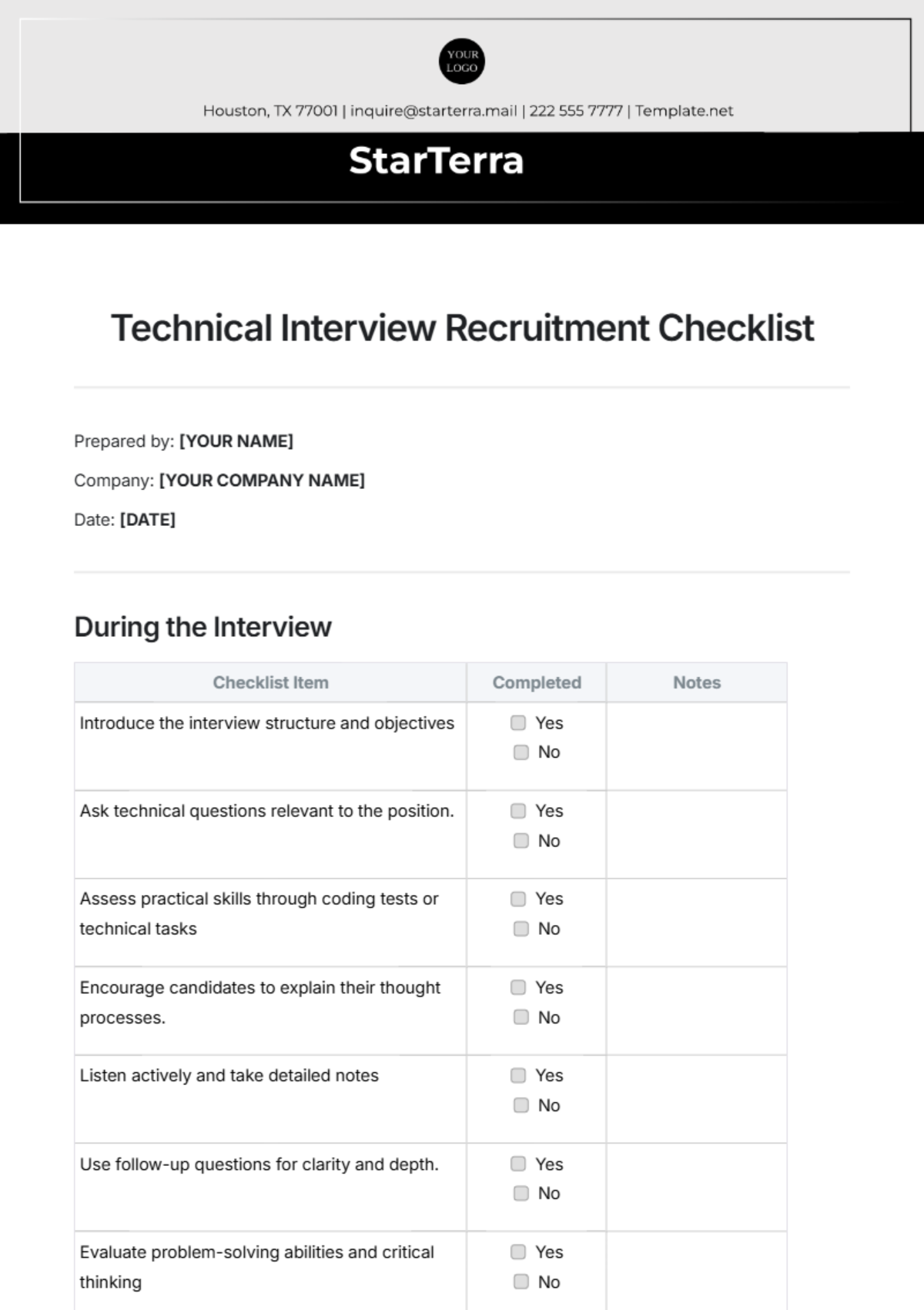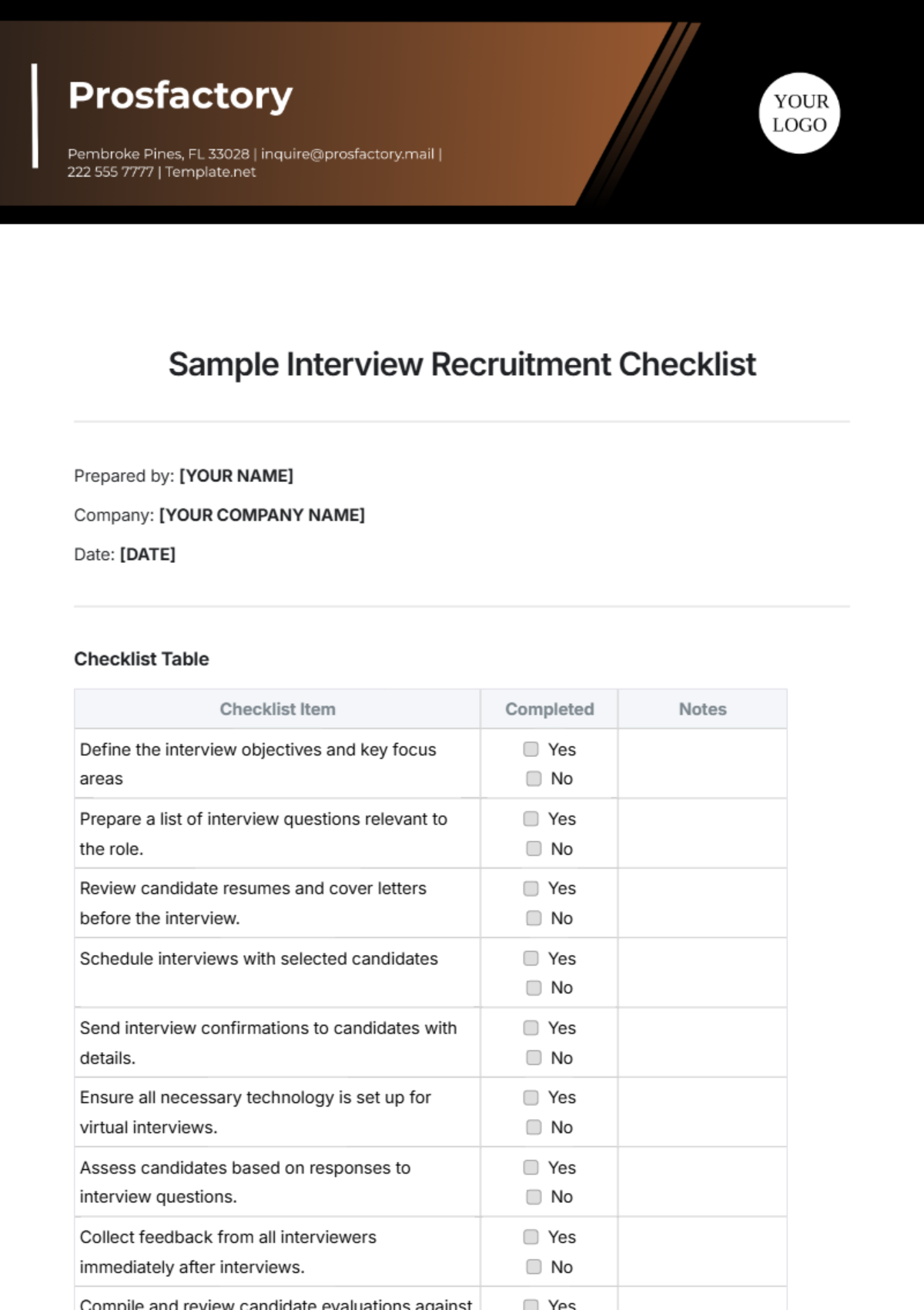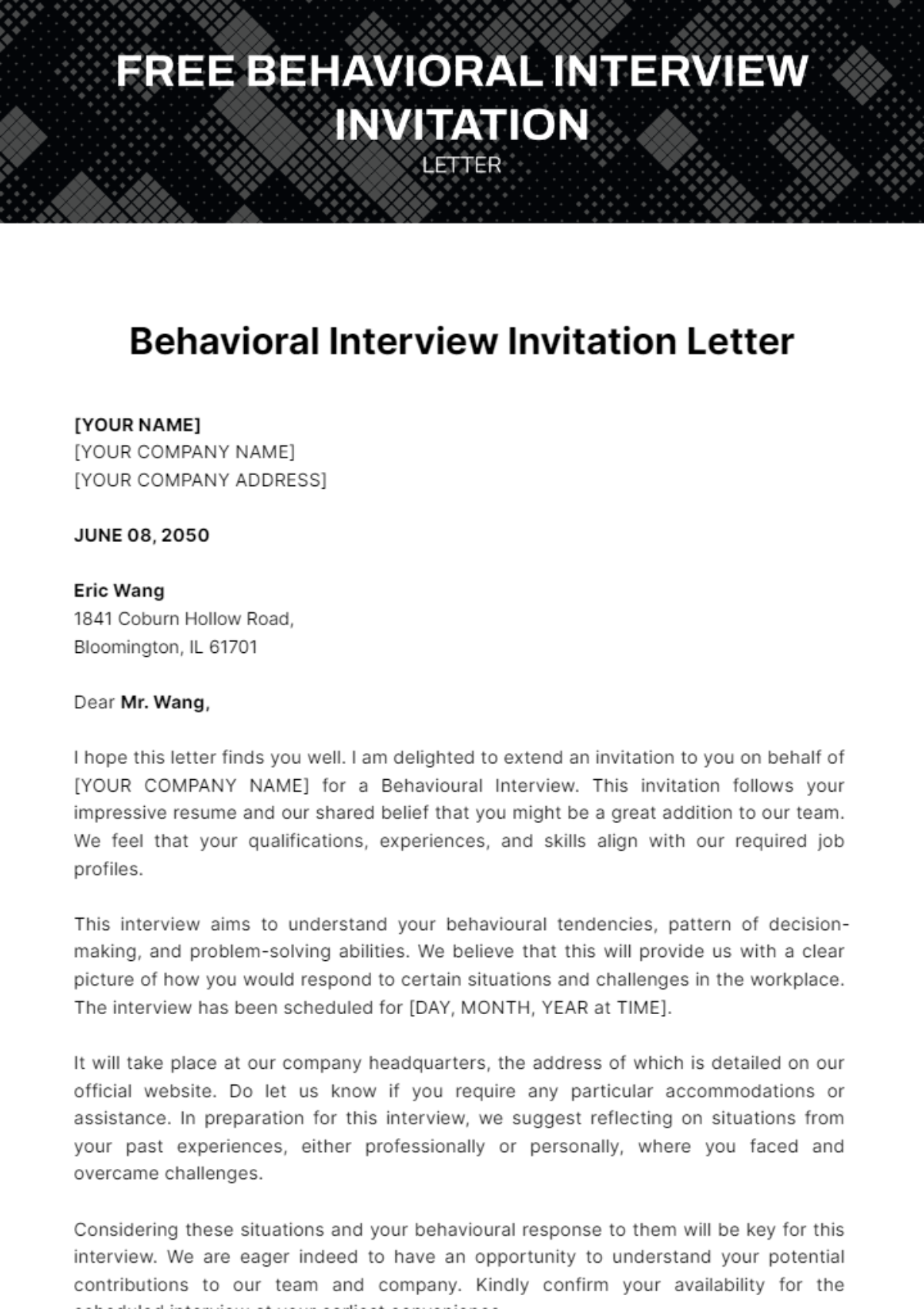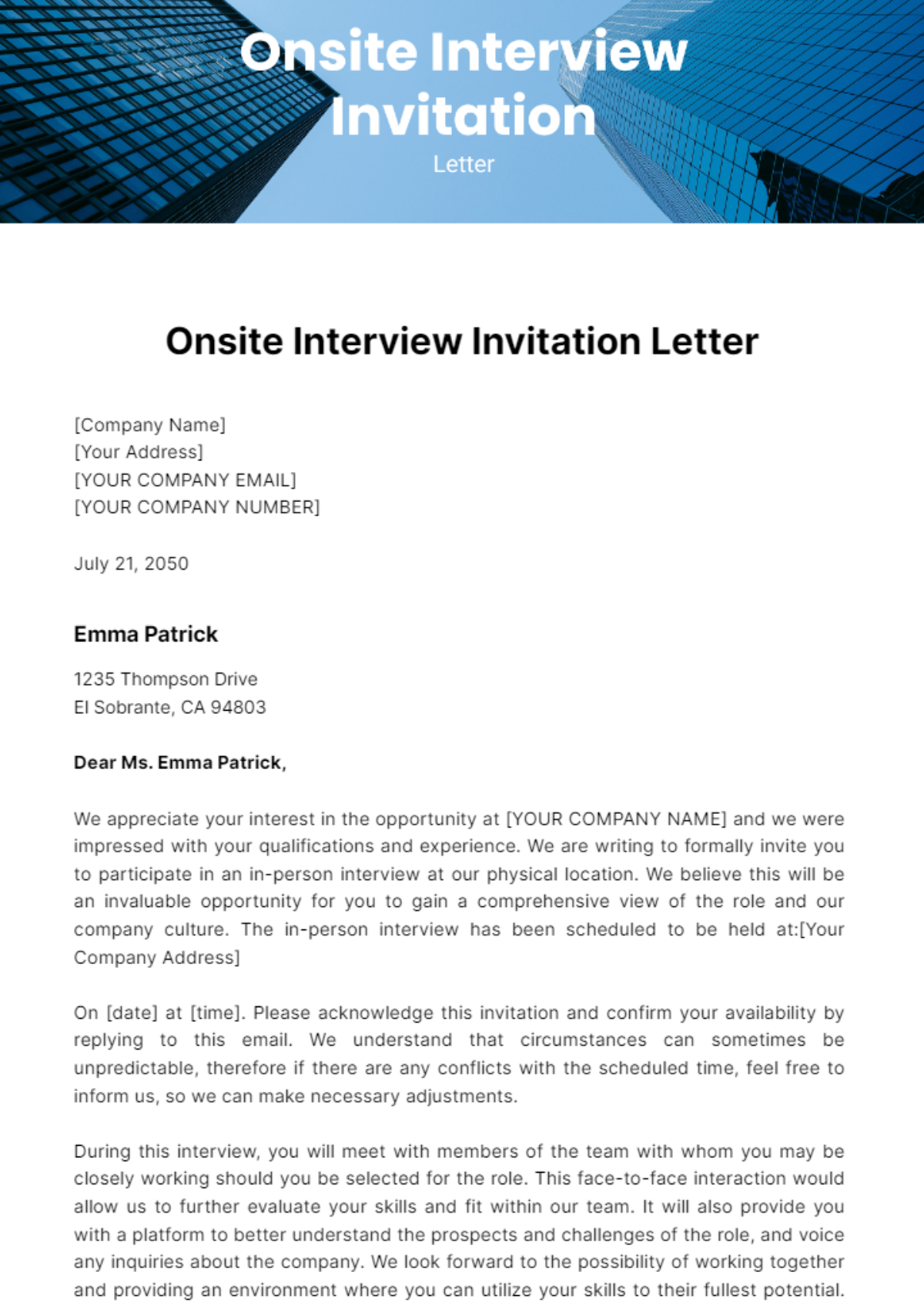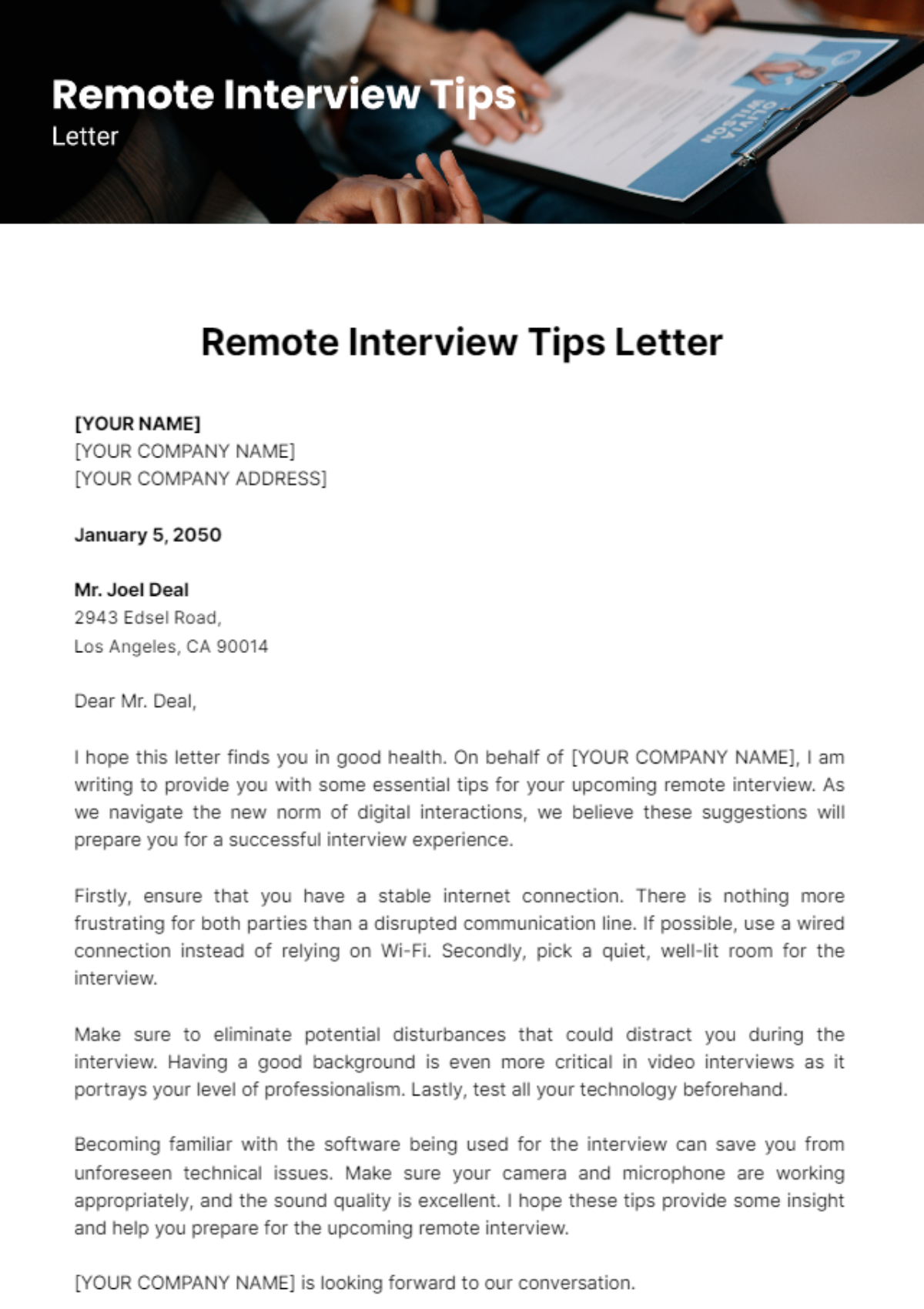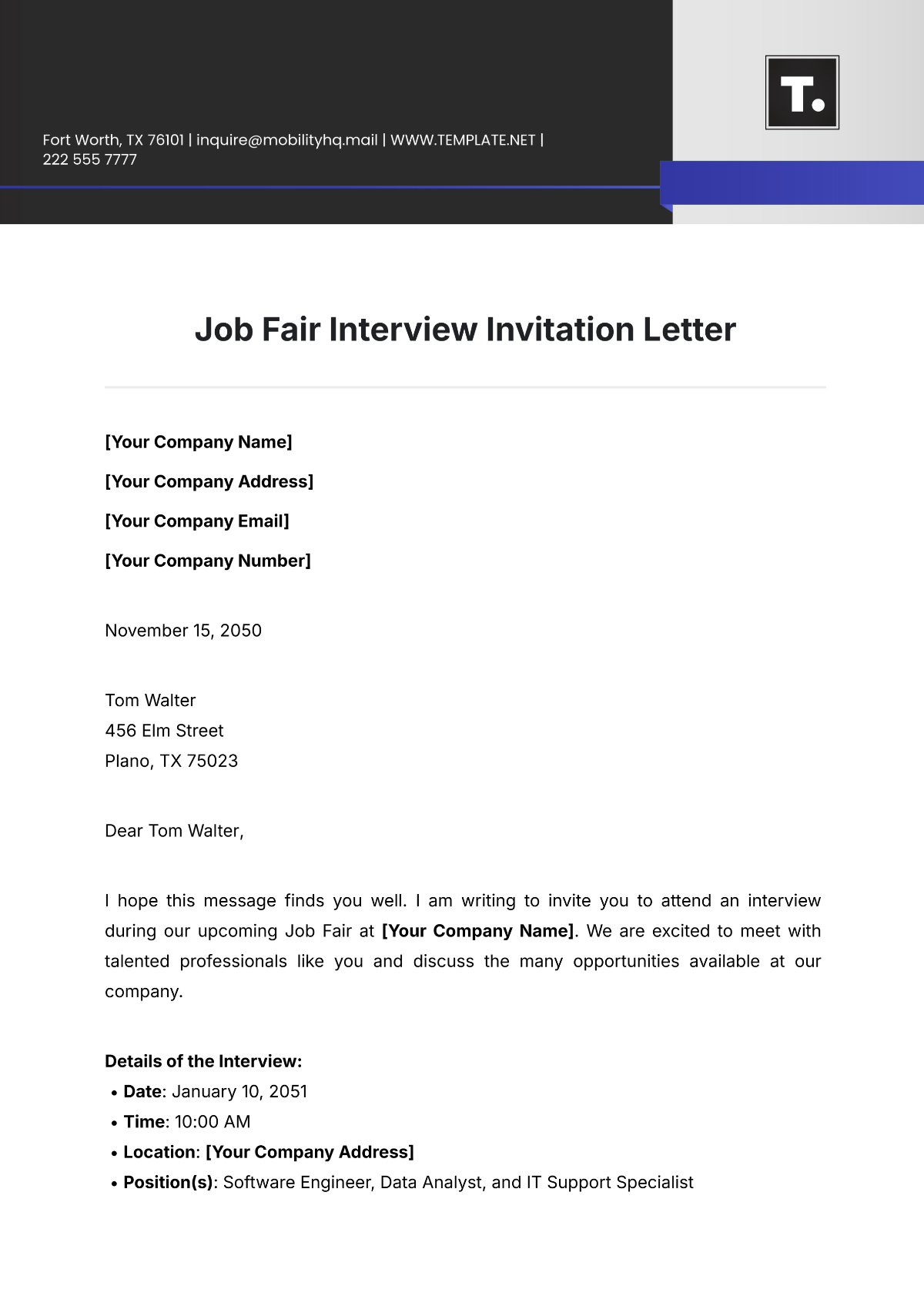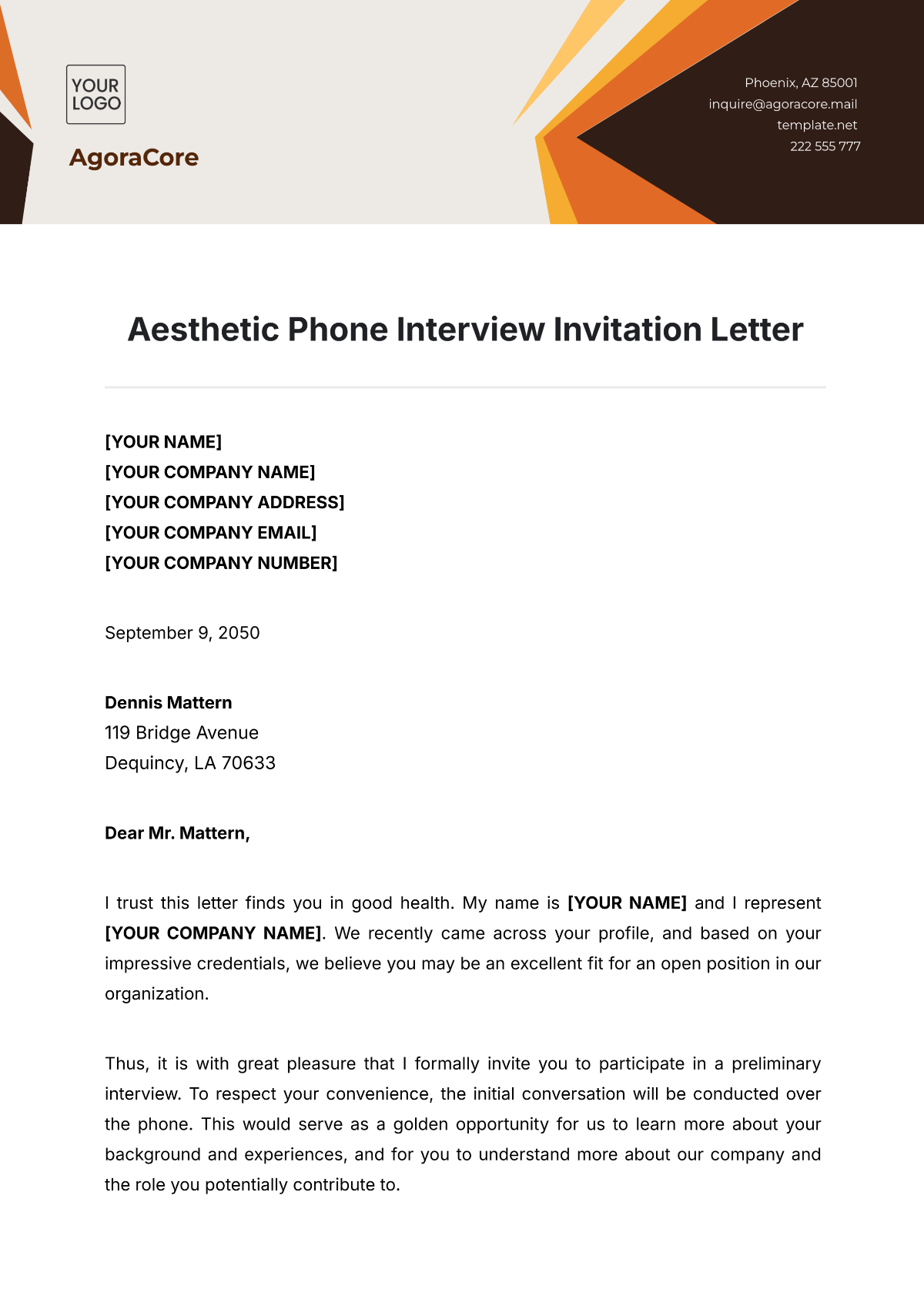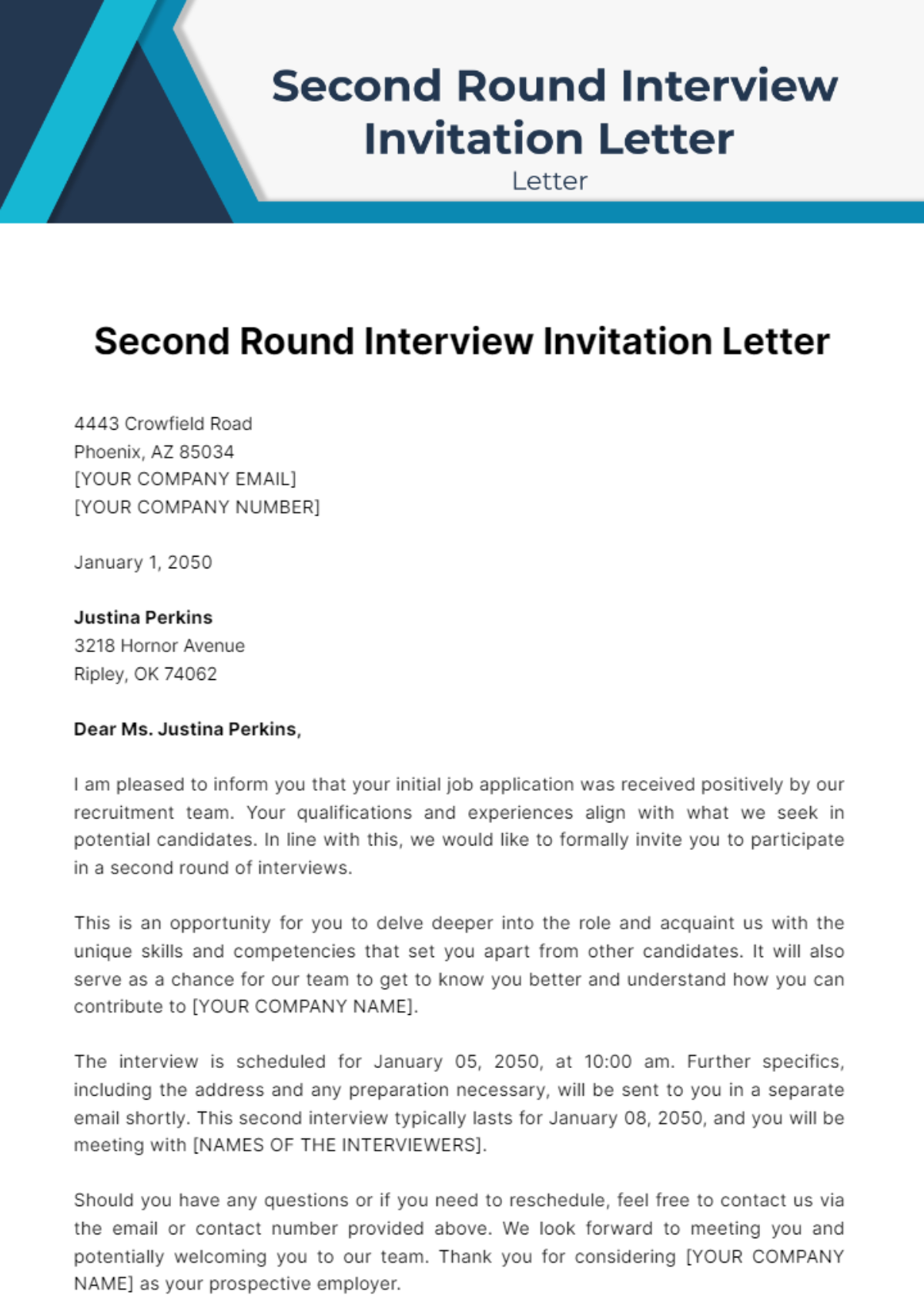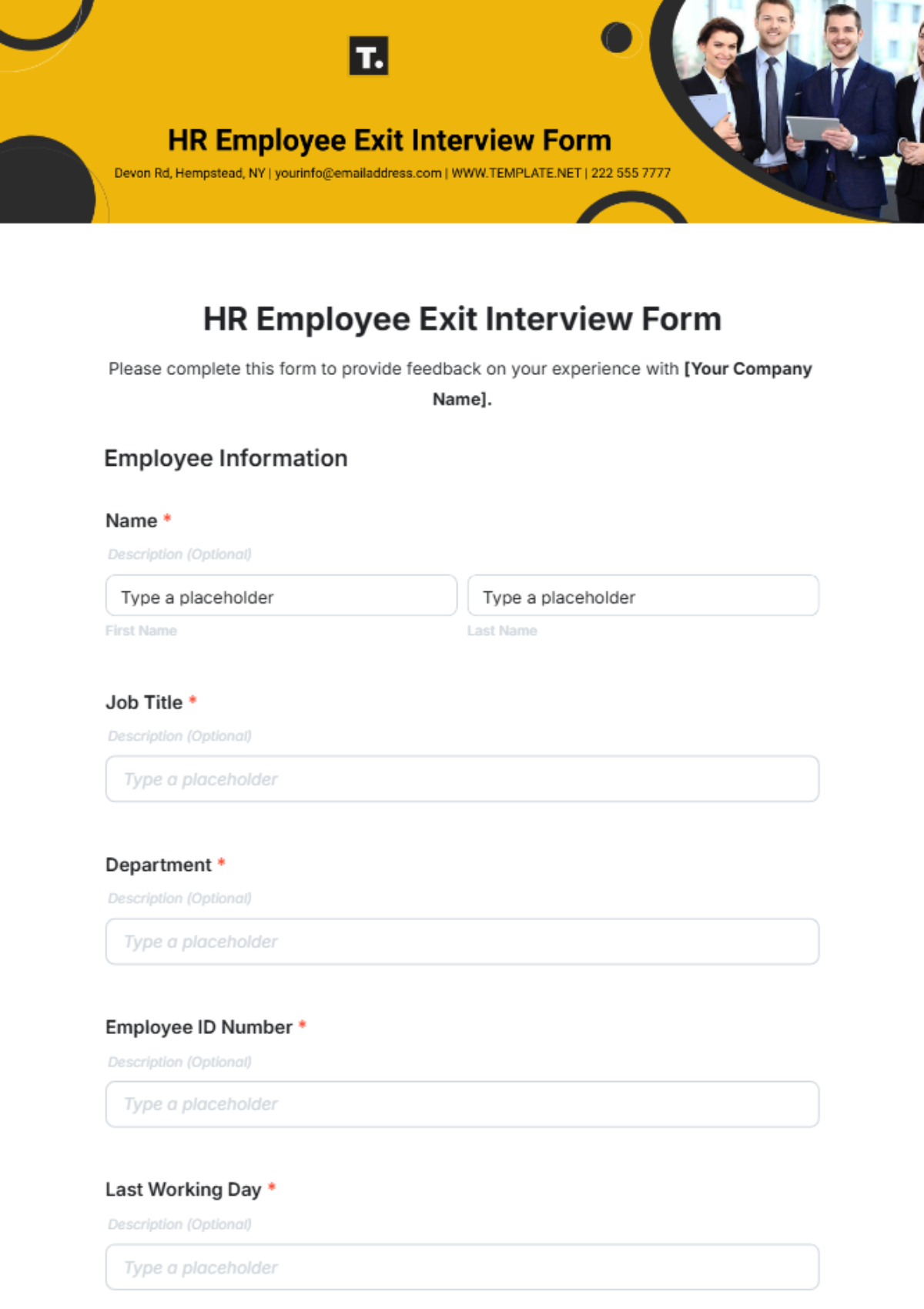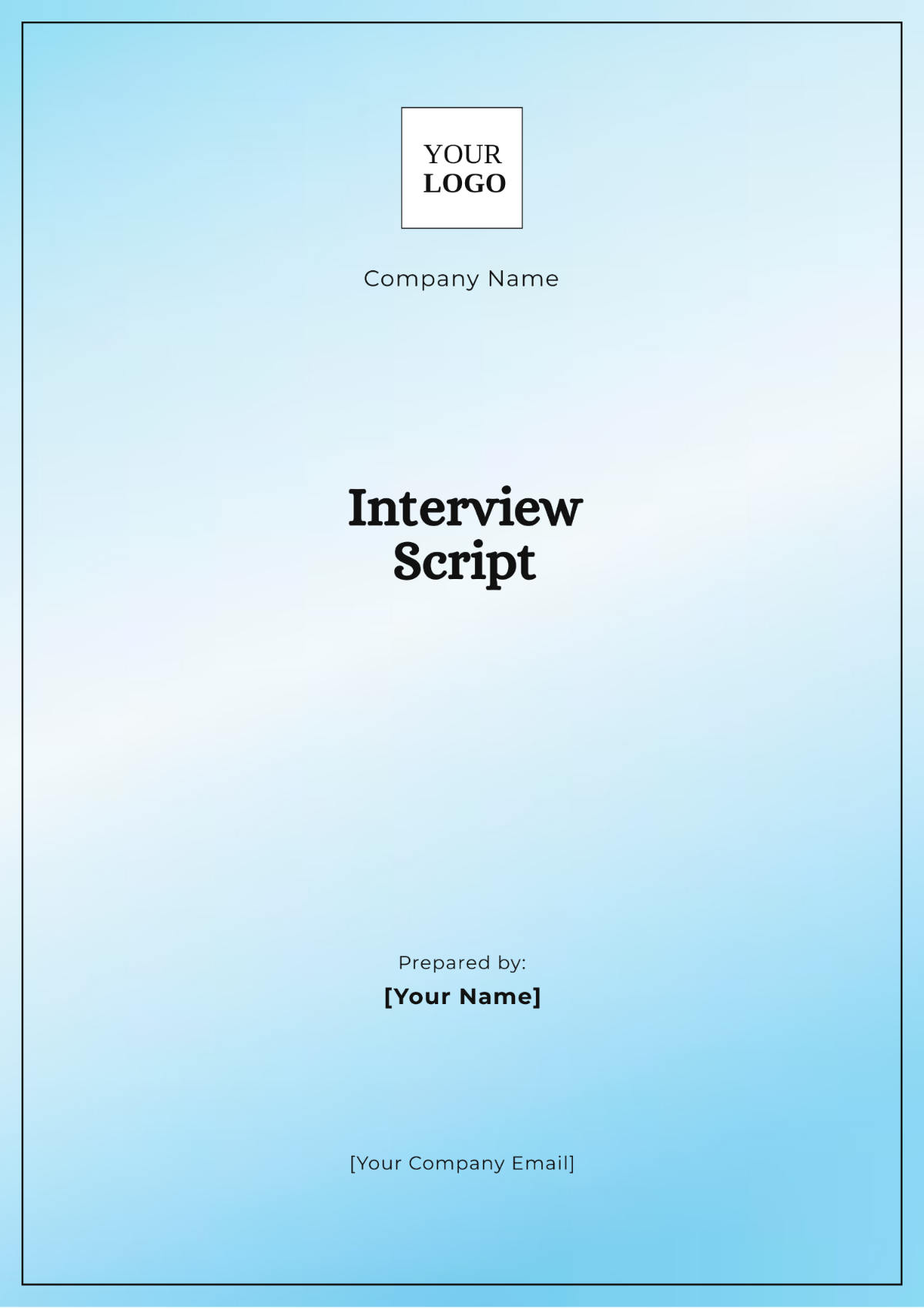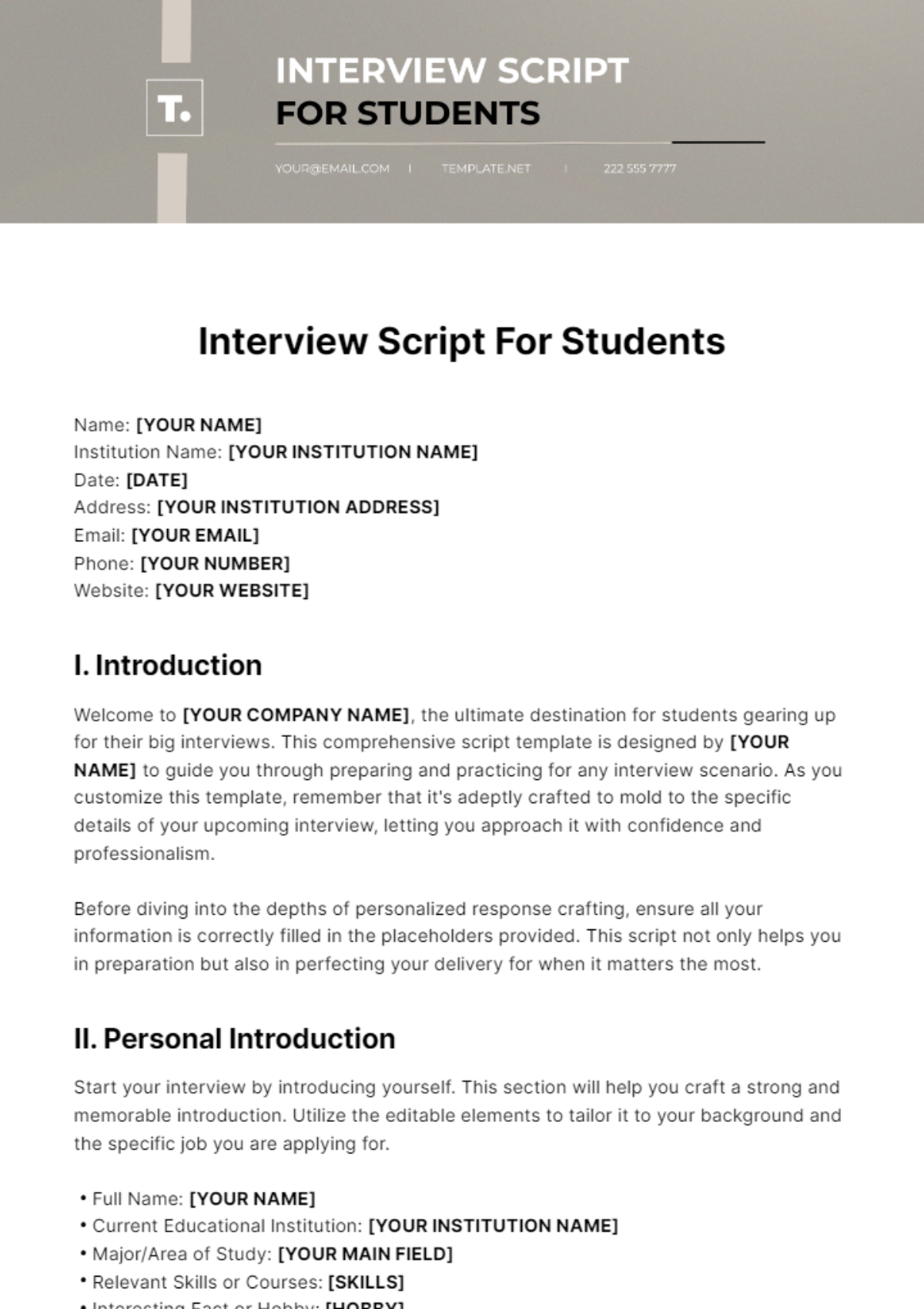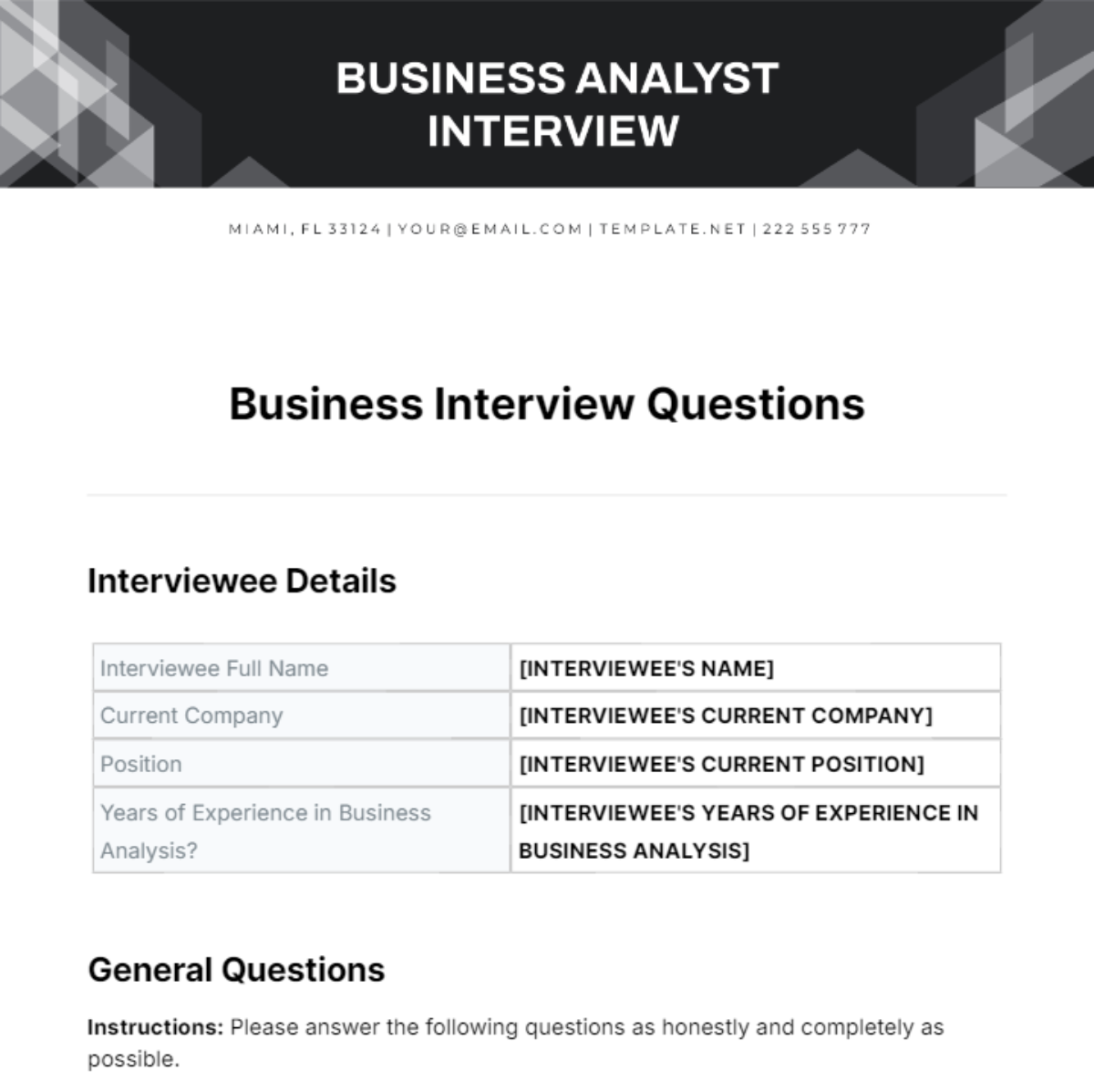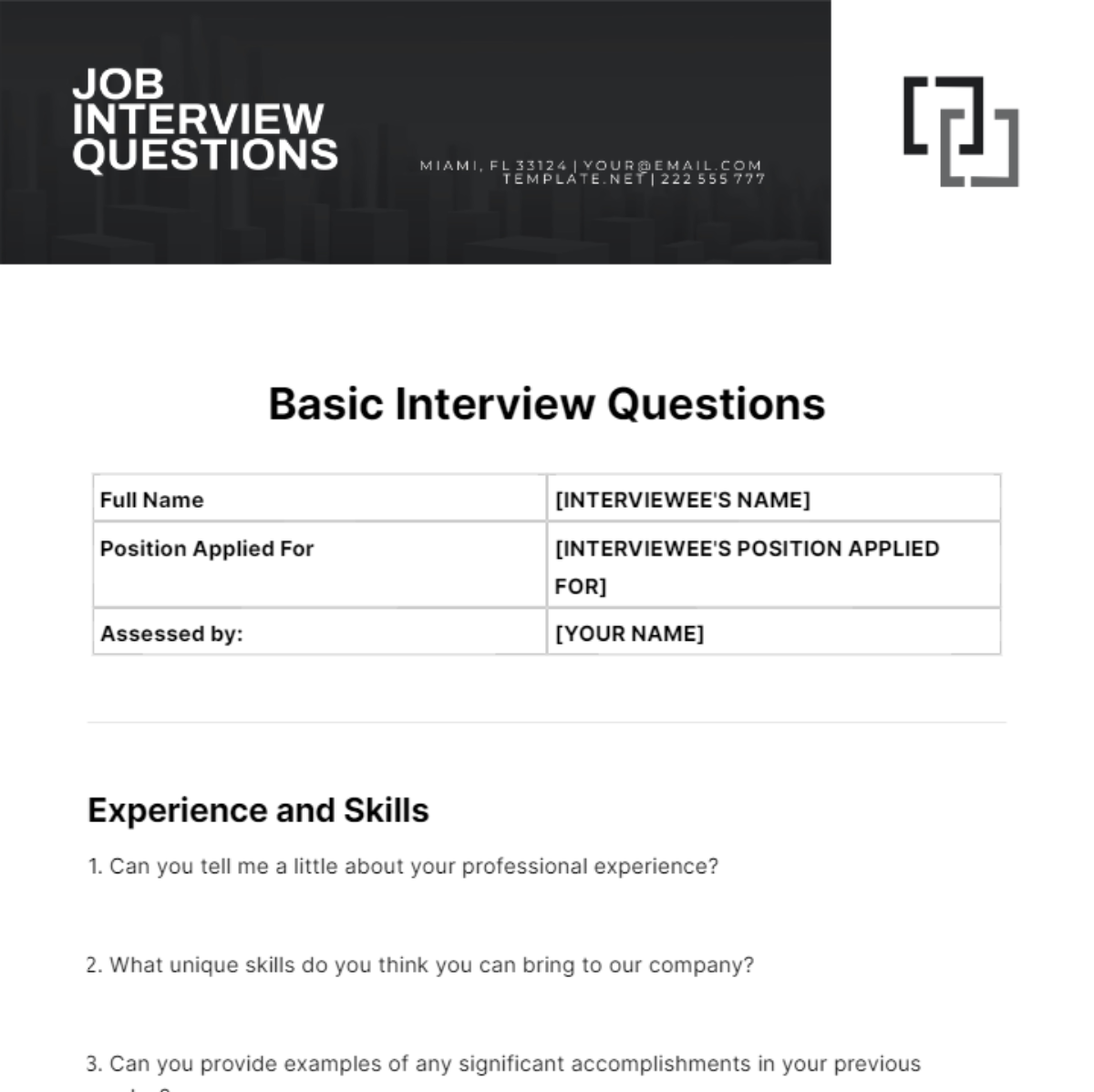Interview Case Study
This case study has been meticulously compiled by [YOUR NAME] of [YOUR COMPANY NAME], focusing on the evaluation and enhancement of interview techniques and hiring processes across various teams and departments. The aim is to benchmark these strategies to identify best practices and areas for improvement.
I. Introduction
The purpose of this case study is to systematically compare different interviewing tactics and hiring protocols used within [YOUR COMPANY NAME] to optimize our recruitment outcomes. By scrutinizing methodologies across different sectors of the company, we can pave the way for more streamlined and effective hiring strategies.
Interviewing is often the gateway through which potential talent is evaluated and by studying the nuances of this process, [YOUR COMPANY NAME] stands to gain immensely in refining our work culture, improving employee retention, and enhancing overall productivity.
II. Objectives
The primary objectives of this study are:
To benchmark current interview practices against industry standards.
To analyze the effectiveness of different interviewers and their techniques.
To assess the impact of various hiring strategies on team performance.
To propose actionable changes based on data and benchmarks.
III. Methodology
This study was conducted by reviewing the past year's interviewing and hiring data from multiple departments at [YOUR COMPANY NAME]. Interview approaches, interviewer feedback, candidate feedback, and hiring outcomes were collated and analyzed.
An anonymous survey was also conducted across all teams to gather qualitative data regarding their perceptions of the fairness, effectiveness, and overall experience of the interview process.
IV. Findings and Analysis
The analysis of the data highlighted several key trends:
Key Trends | Description |
|---|---|
Variation in Interview Techniques | Different departments have distinct interviewing approaches, each with strengths and weaknesses. |
Impact of Interviewer Experience | Experienced interviewers offer clearer guidelines and better communication, resulting in higher candidate satisfaction rates. |
Effectiveness of Hiring Strategies | Certain strategies facilitate quicker hiring but may not directly translate to improved job performance or satisfaction. |
V. Recommendations
Based on the findings, the following changes are recommended to enhance hiring at [YOUR COMPANY NAME]:
Standardizing interview processes across the company while allowing for some departmental customization.
Increasing training for new interviewers, focusing on communication strategies and bias reduction.
Developing a feedback loop where past candidates can provide anonymous feedback about their interview experience.
VI. Conclusion
The insights drawn from this exercise underscore the need for adaptive strategies that align with the overarching objectives of [YOUR COMPANY NAME]. While certain approaches have proven effective, there is an evident scope for refining these strategies to better suit our evolving needs and expectations.
Through these concerted efforts, we aim not just to enhance our recruitment process but to ensure it remains robust and responsive in the context of an ever-changing workplace landscape.
VII. Appendices and Supplementary Data
Detailed Information:
Appendices contain comprehensive details, including raw data and analysis methodologies.
Offers an in-depth exploration of the metrics underlying our recommendations.
Provides nuanced insights accessible to management and HR teams for thorough review.
Appendices Overview Table:
Document Name | Content |
|---|---|
Raw Data | Detailed datasets were used in the analysis, including candidate profiles, interview scores, and hiring outcomes. |
Analysis Methodologies | Explanation of the statistical methods employed, such as regression analysis or qualitative coding, to derive insights from the data. |
Key Metrics | Breakdown of crucial metrics measured during the hiring process, such as time-to-fill, candidate satisfaction scores, and job performance evaluations. |
Comparative Analysis | A comparative study highlighting variations in interview techniques, the effectiveness of different hiring strategies, and the impact of interviewer experience. |
VIII. References
Smith, J., & Johnson, A. [YEAR]. "Improving Interview Techniques: A Case Study Analysis." Journal of Human Resources Management, Volume(issue), Page numbers.
Brown, K., & Lee, C. [YEAR]. "The Impact of Interviewer Experience on Candidate Satisfaction." International Journal of Business Management, Volume(issue), Page numbers.
Anderson, R., & Williams, M. [YEAR]. "Effectiveness of Hiring Strategies: A Comparative Study." Journal of Organizational Psychology, Volume(issue), Page numbers.
Prepared By:
[Your Name]
[Your Company Name]
[Date]
